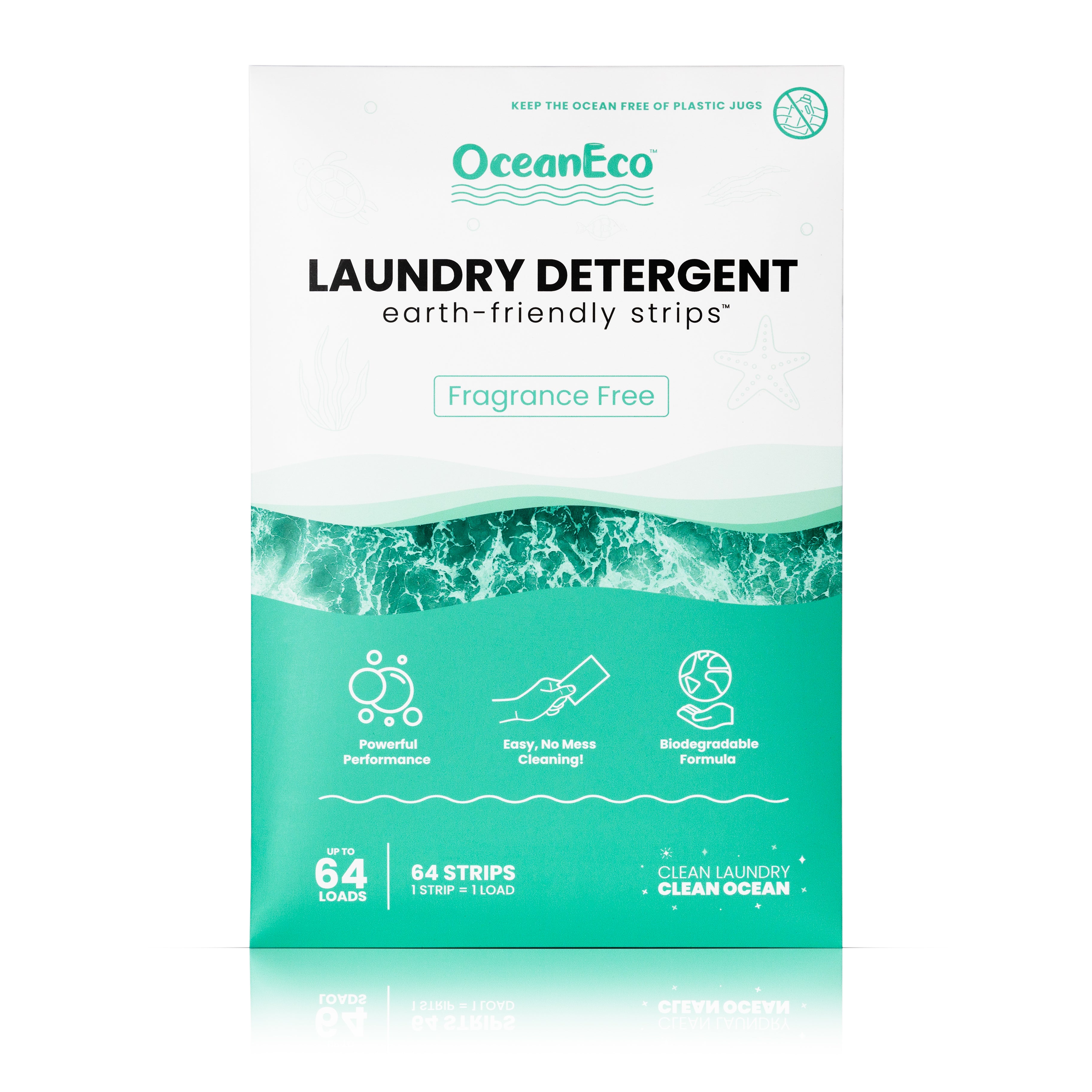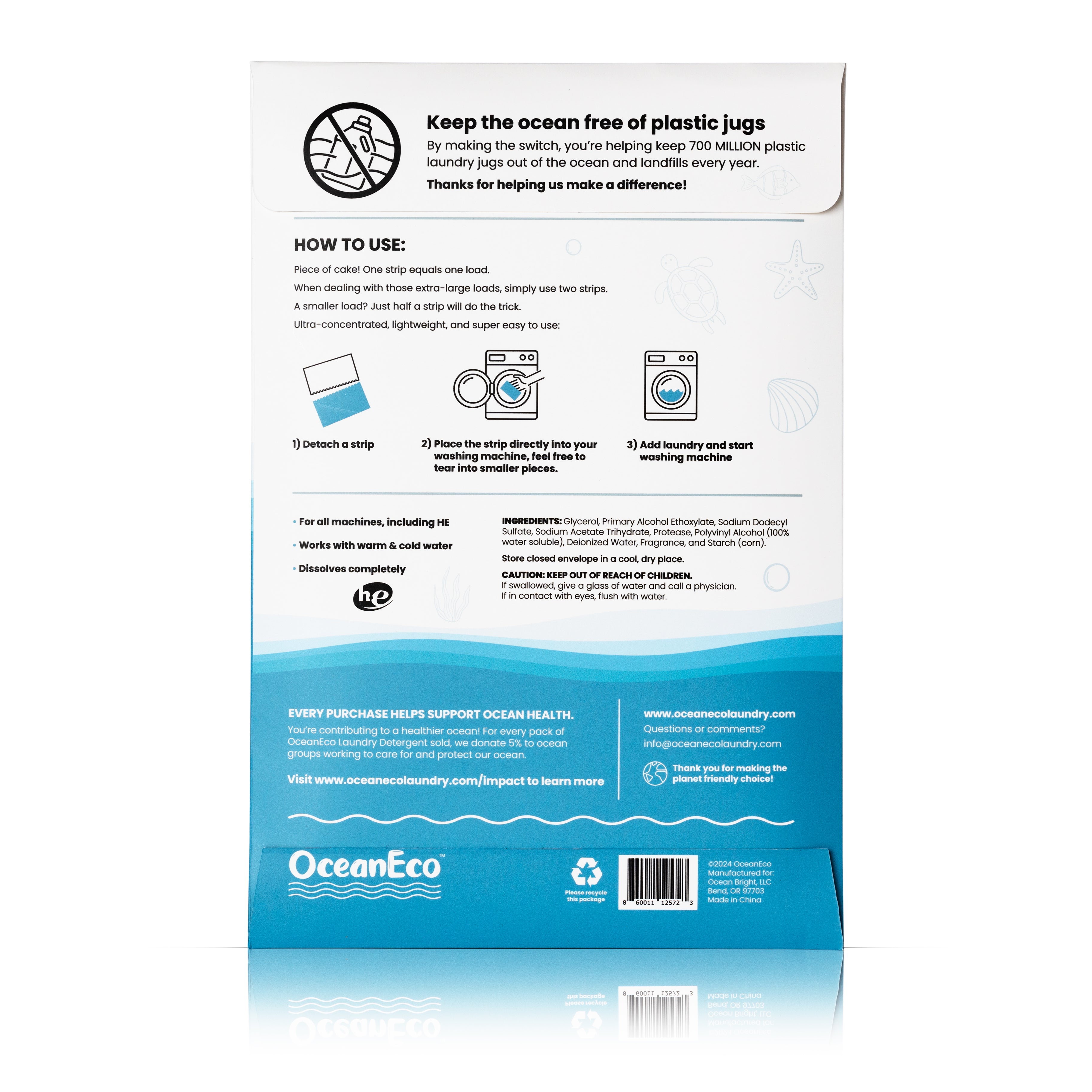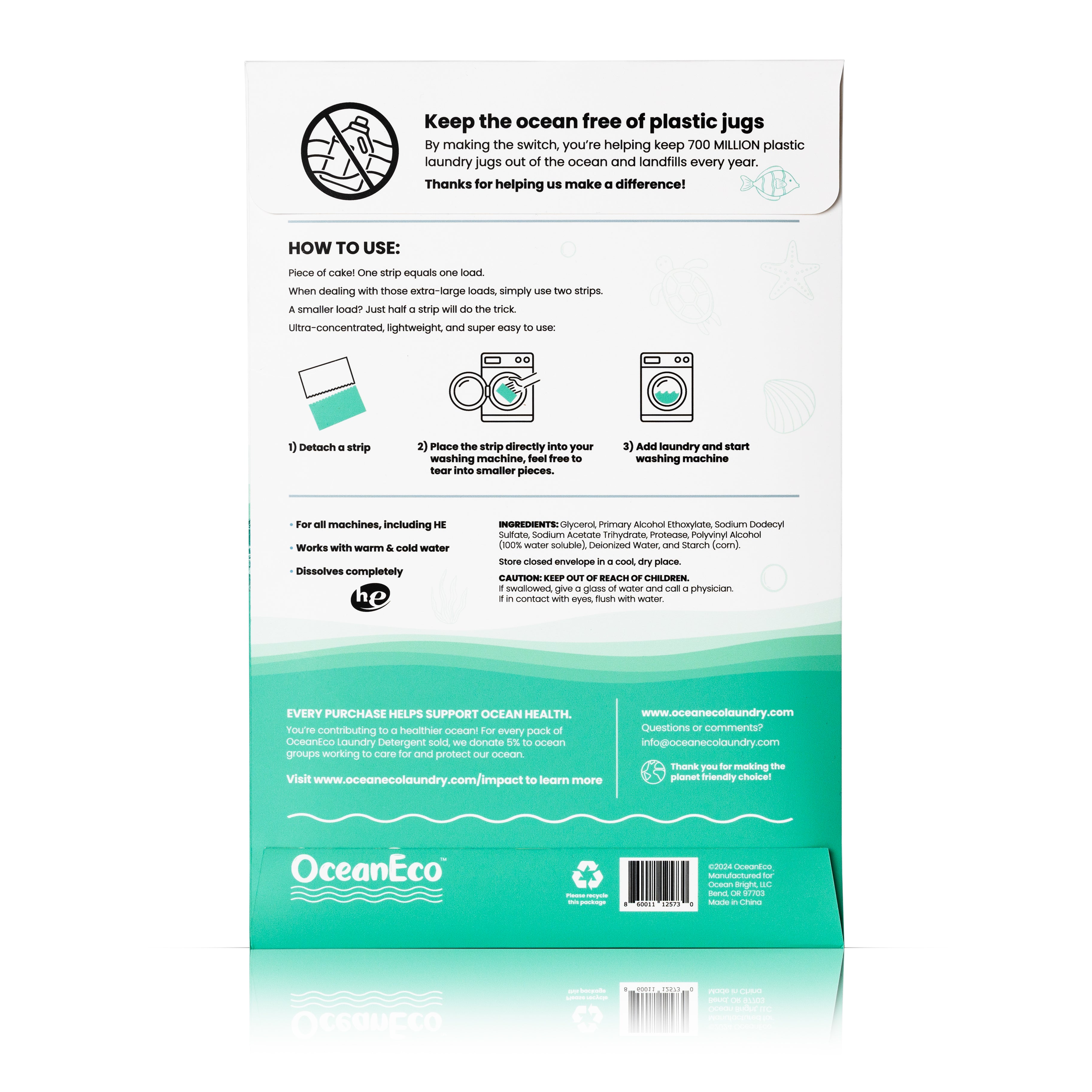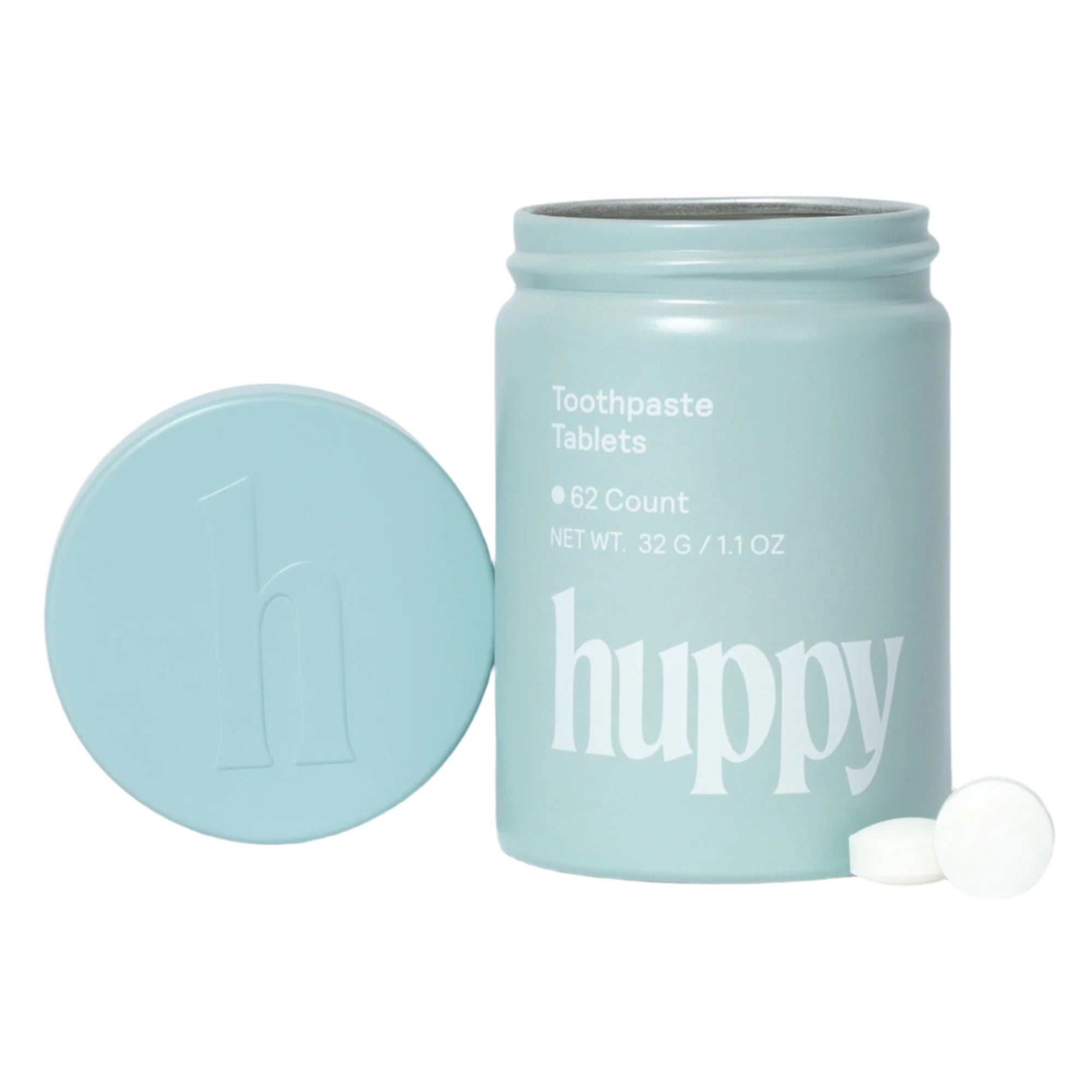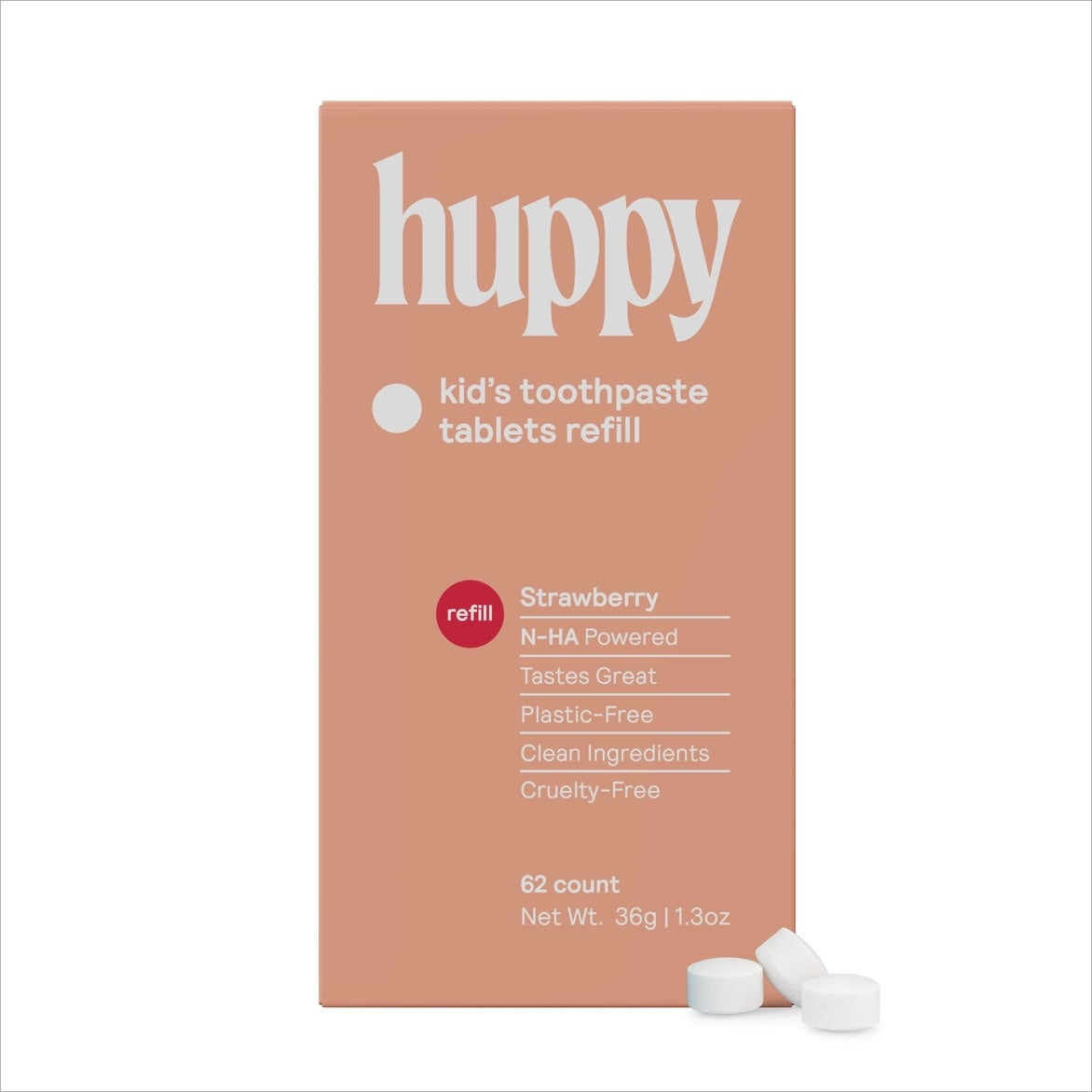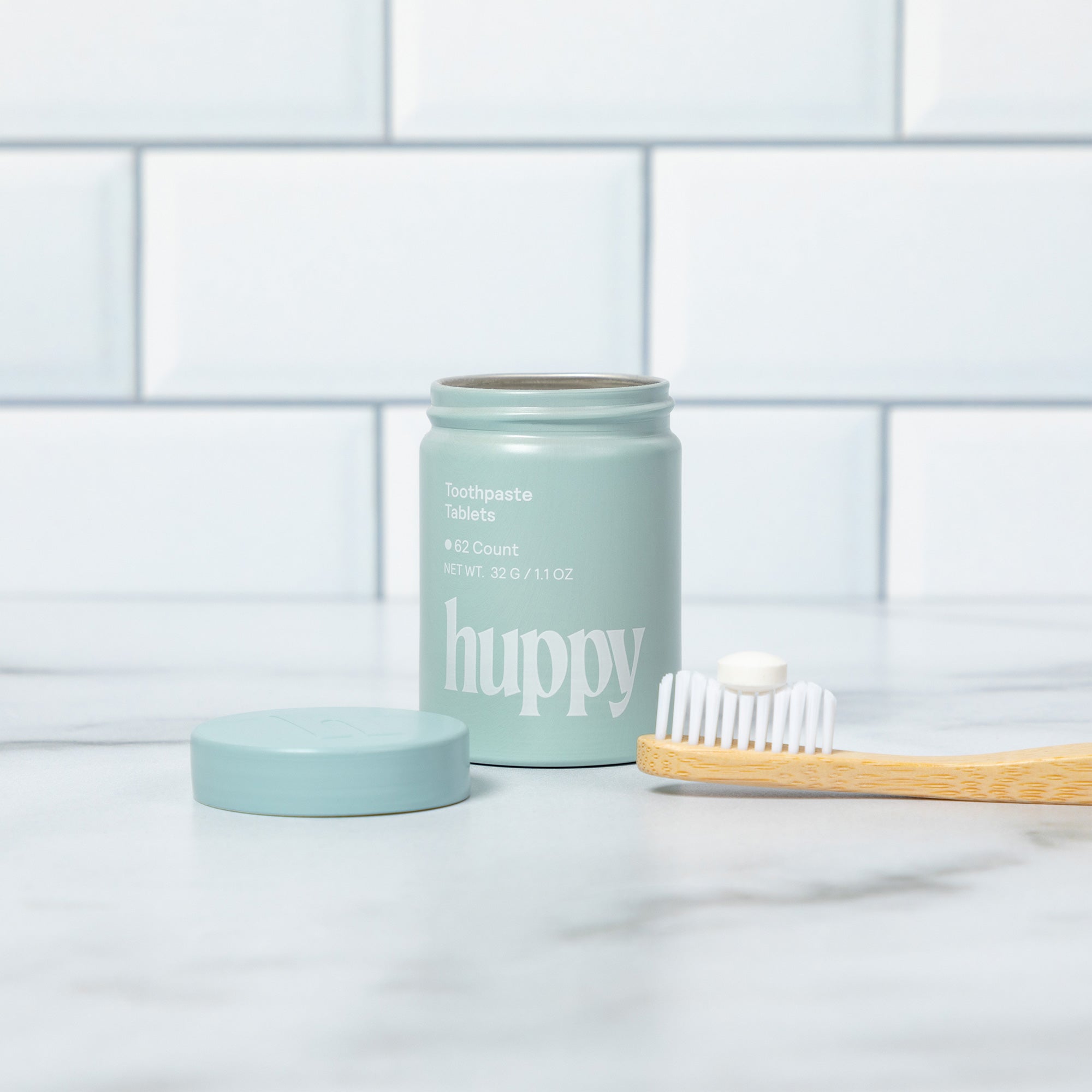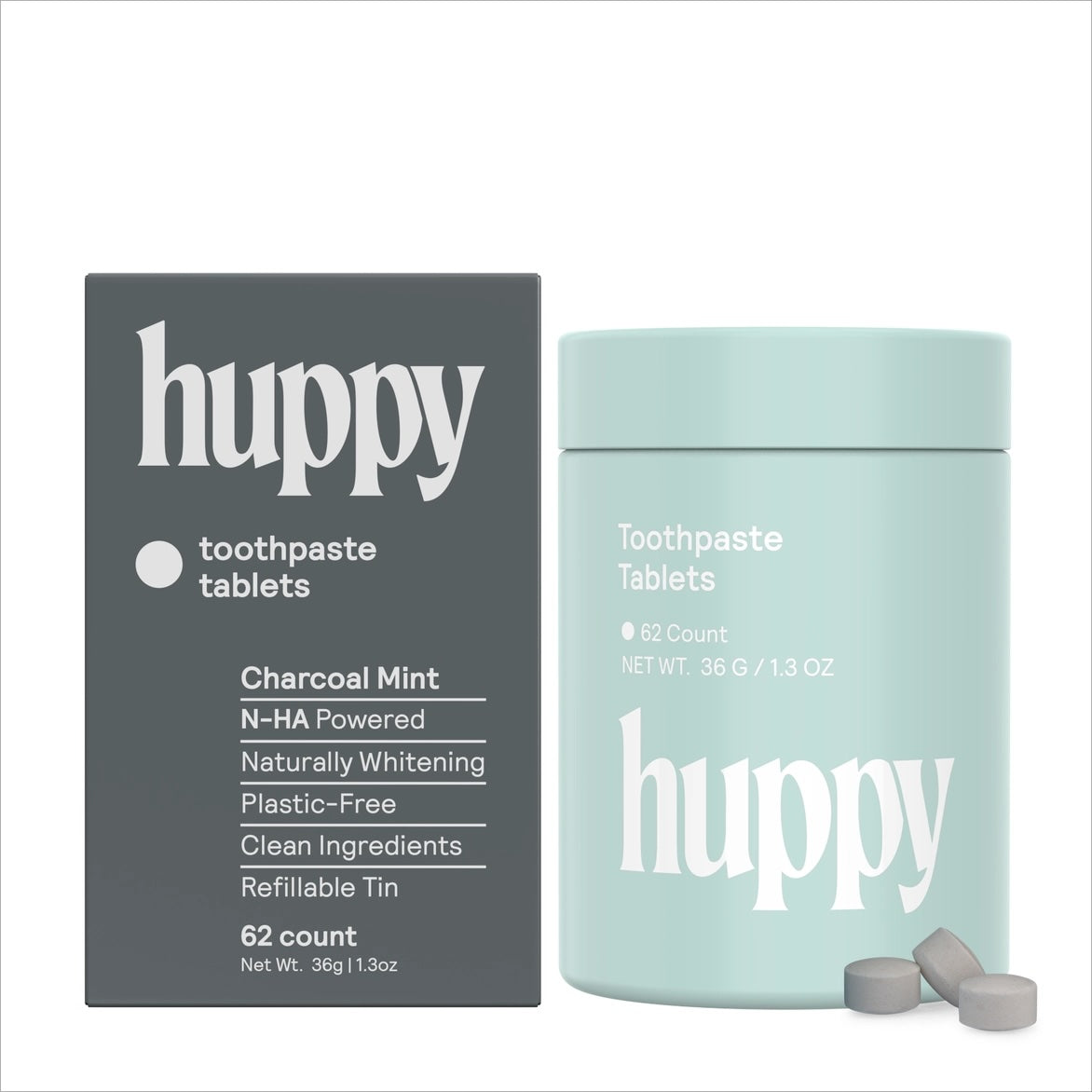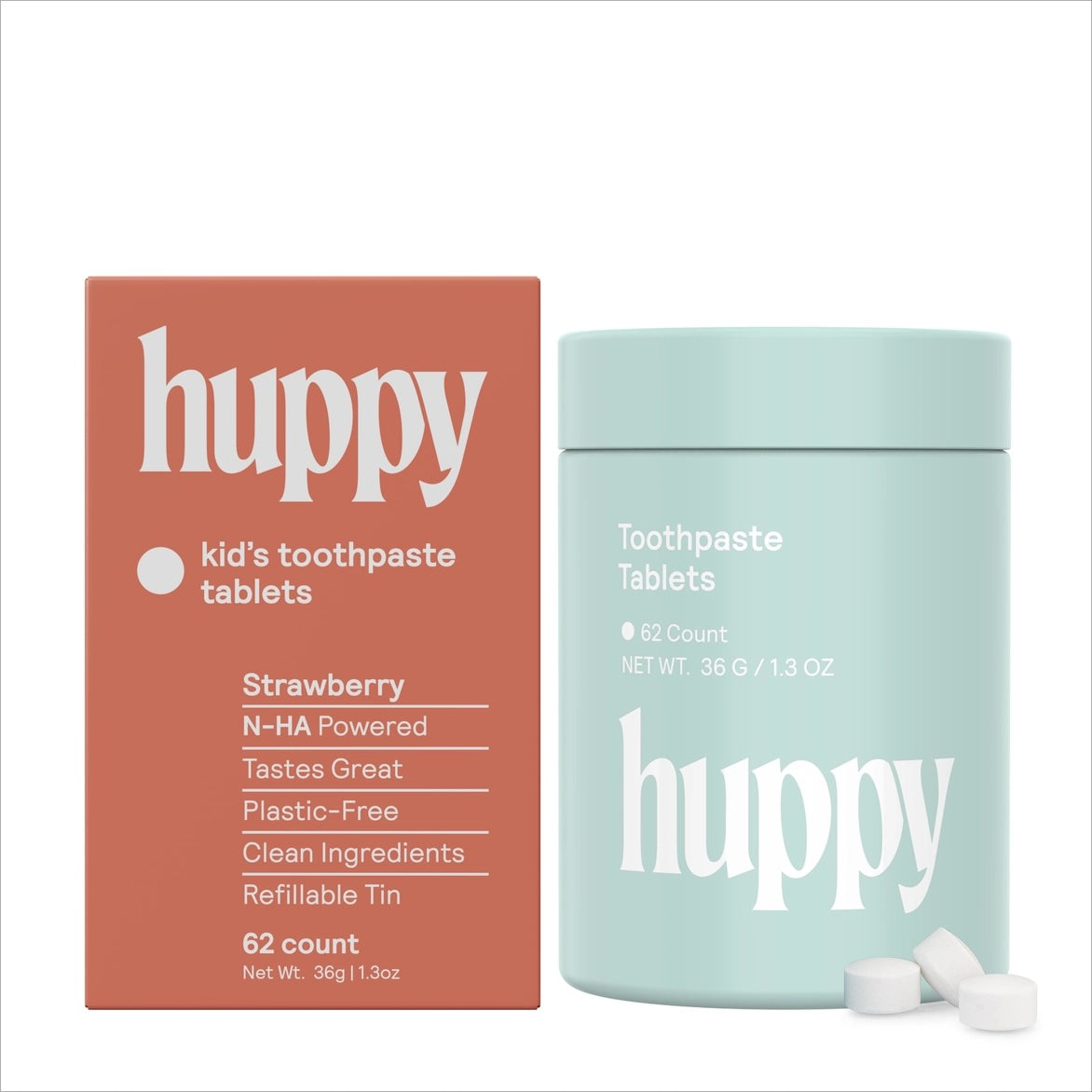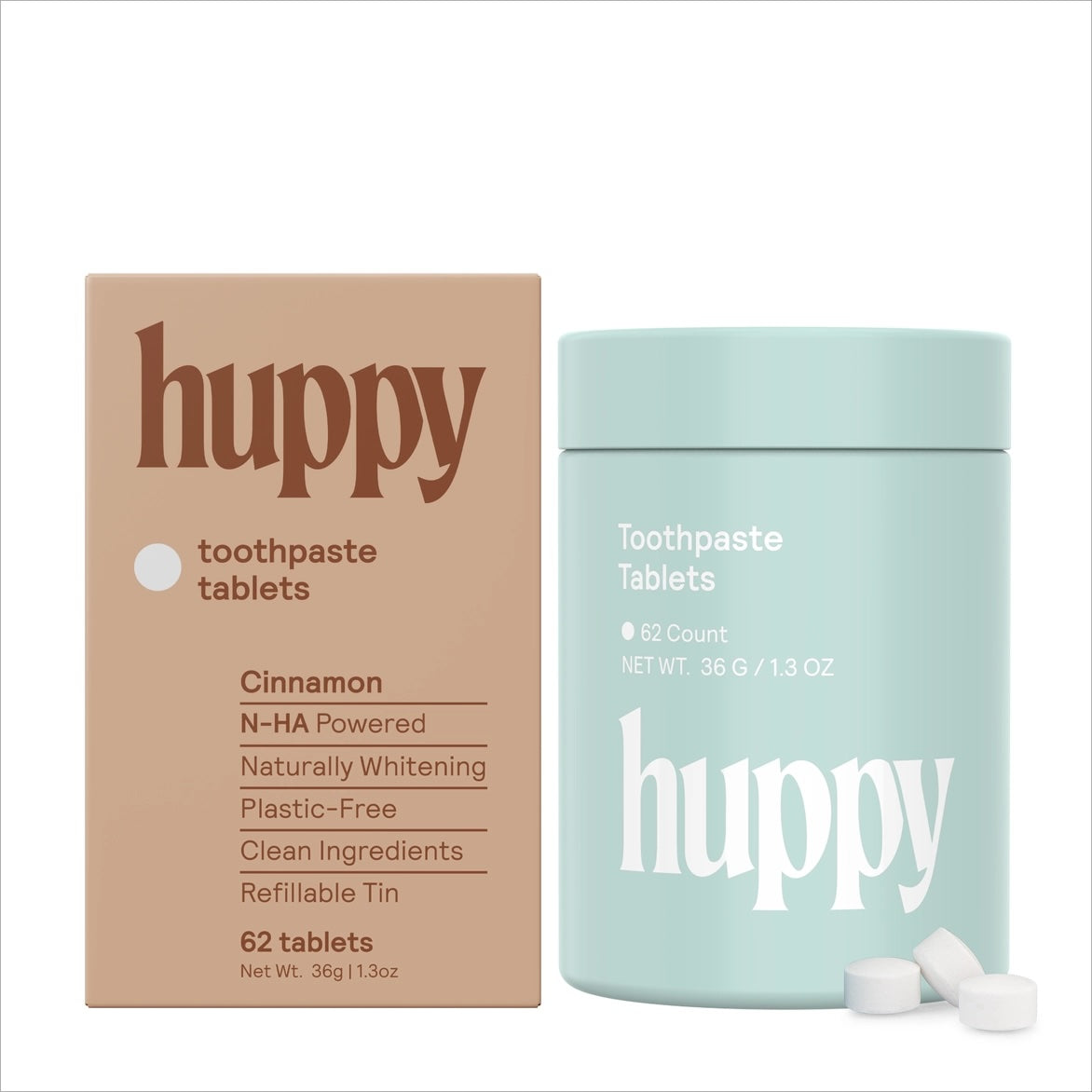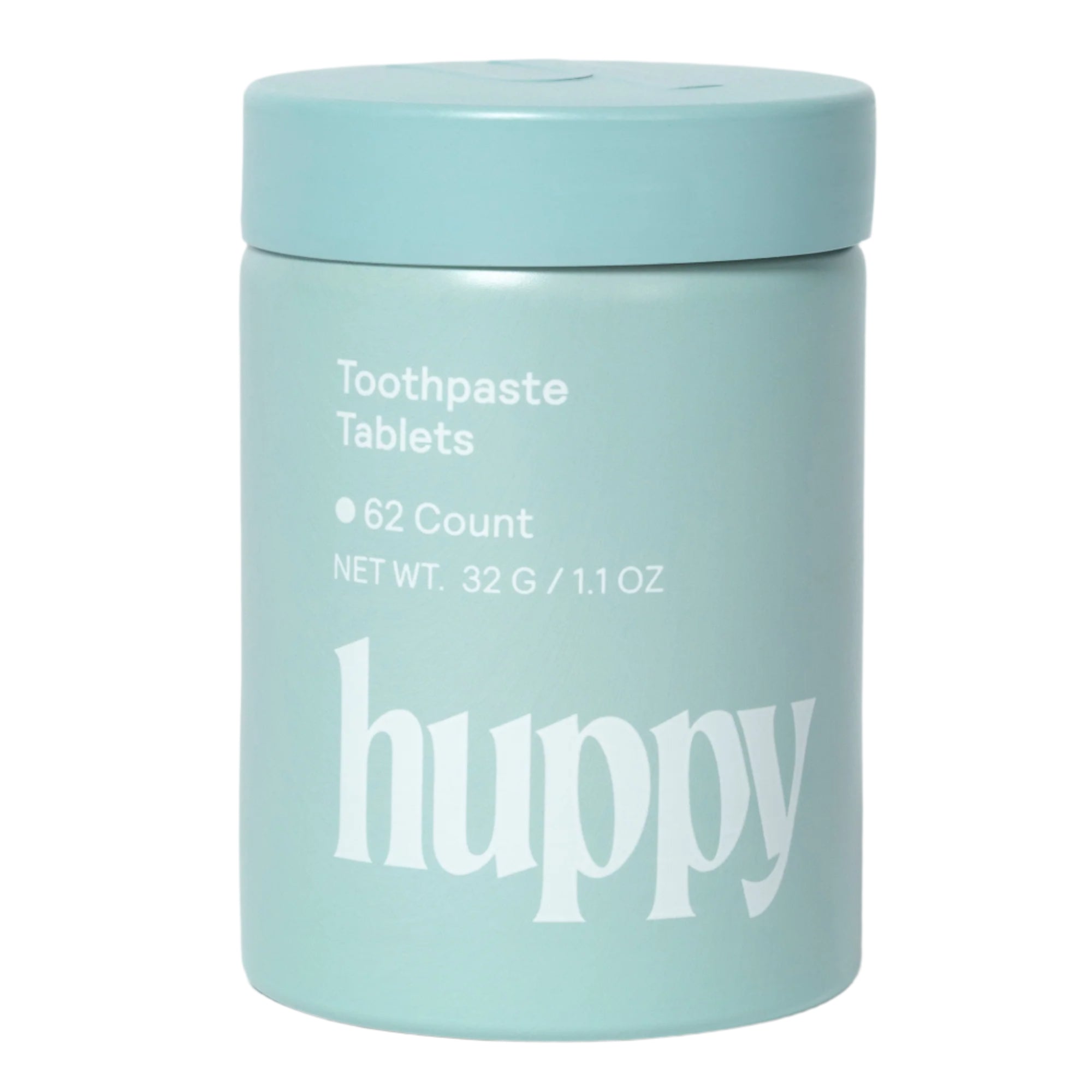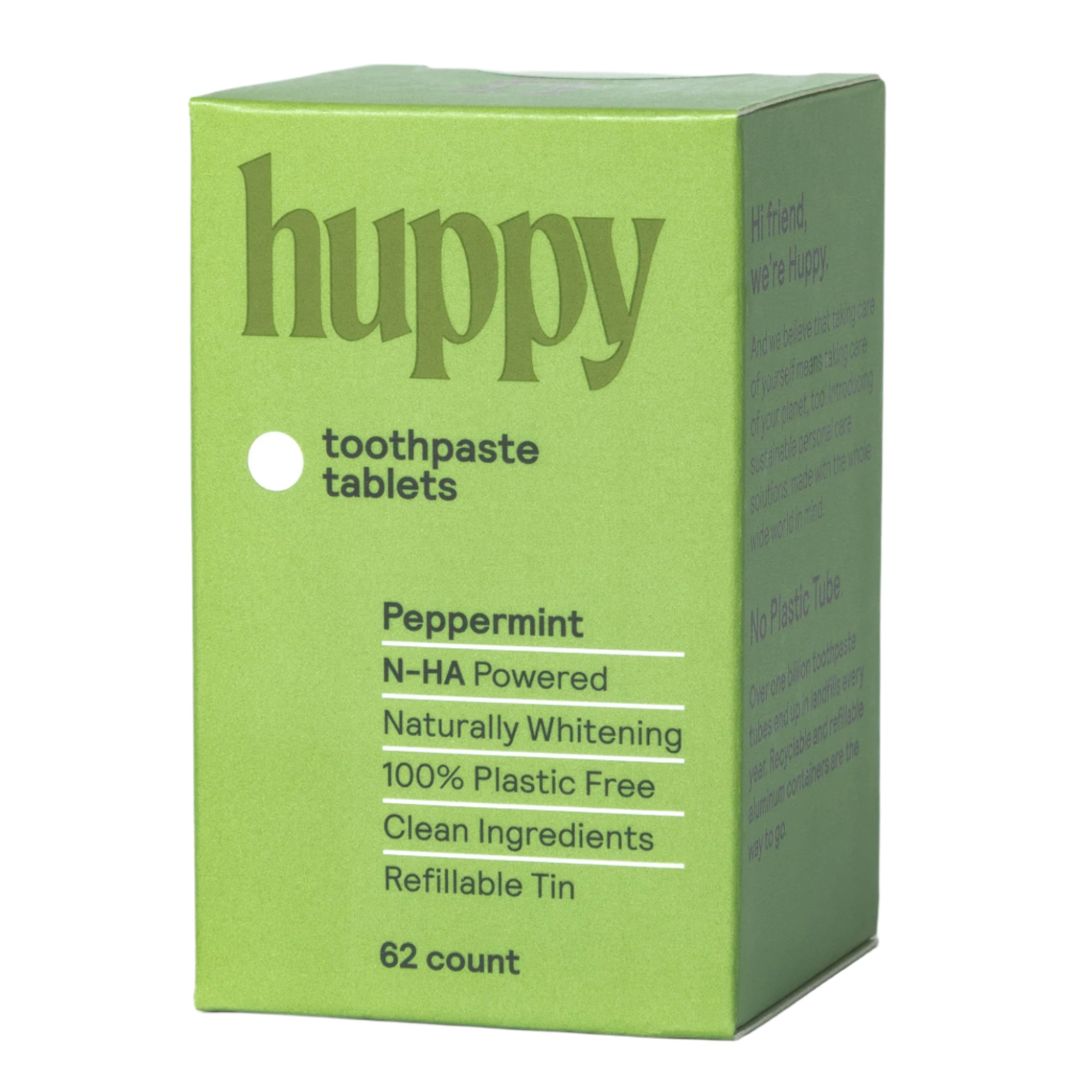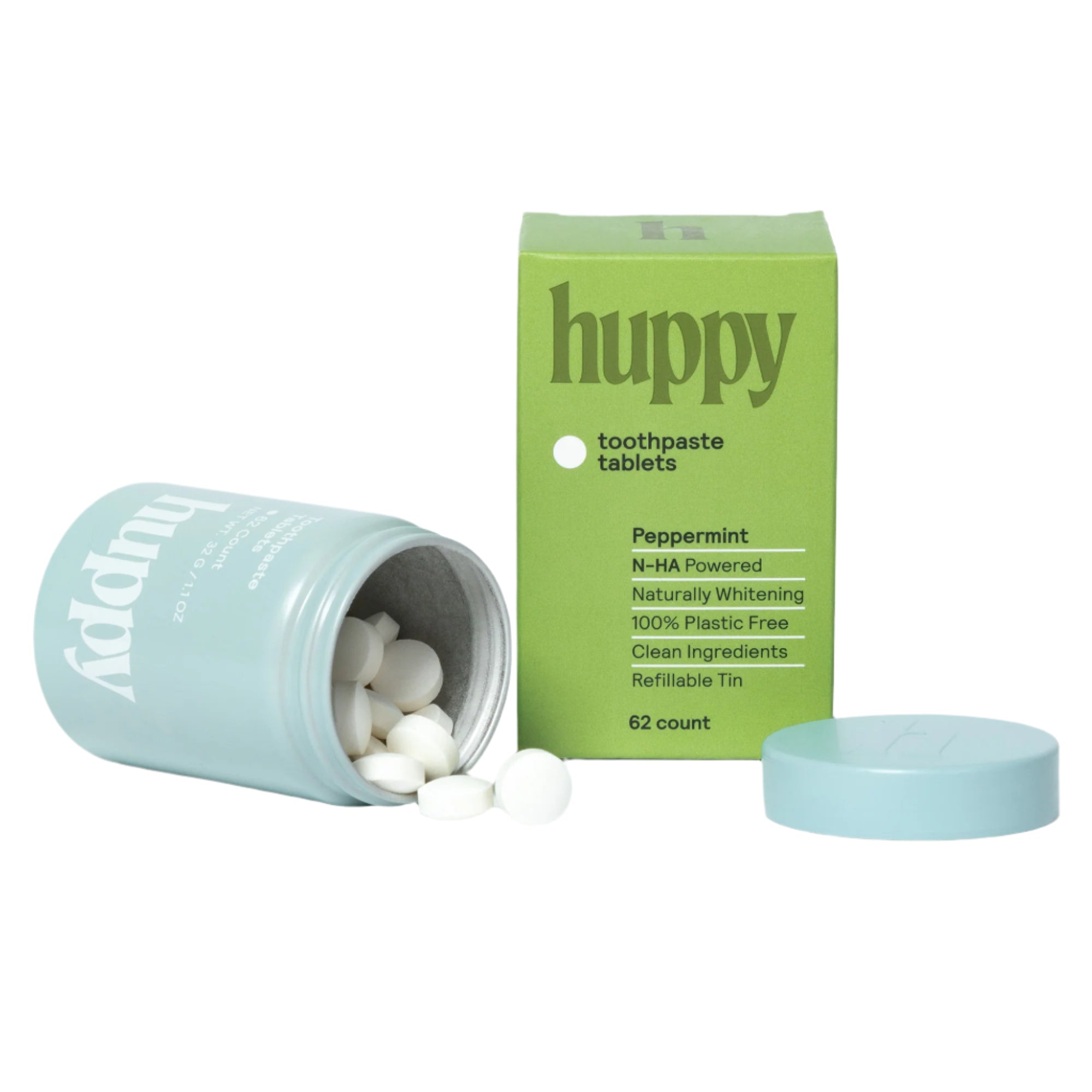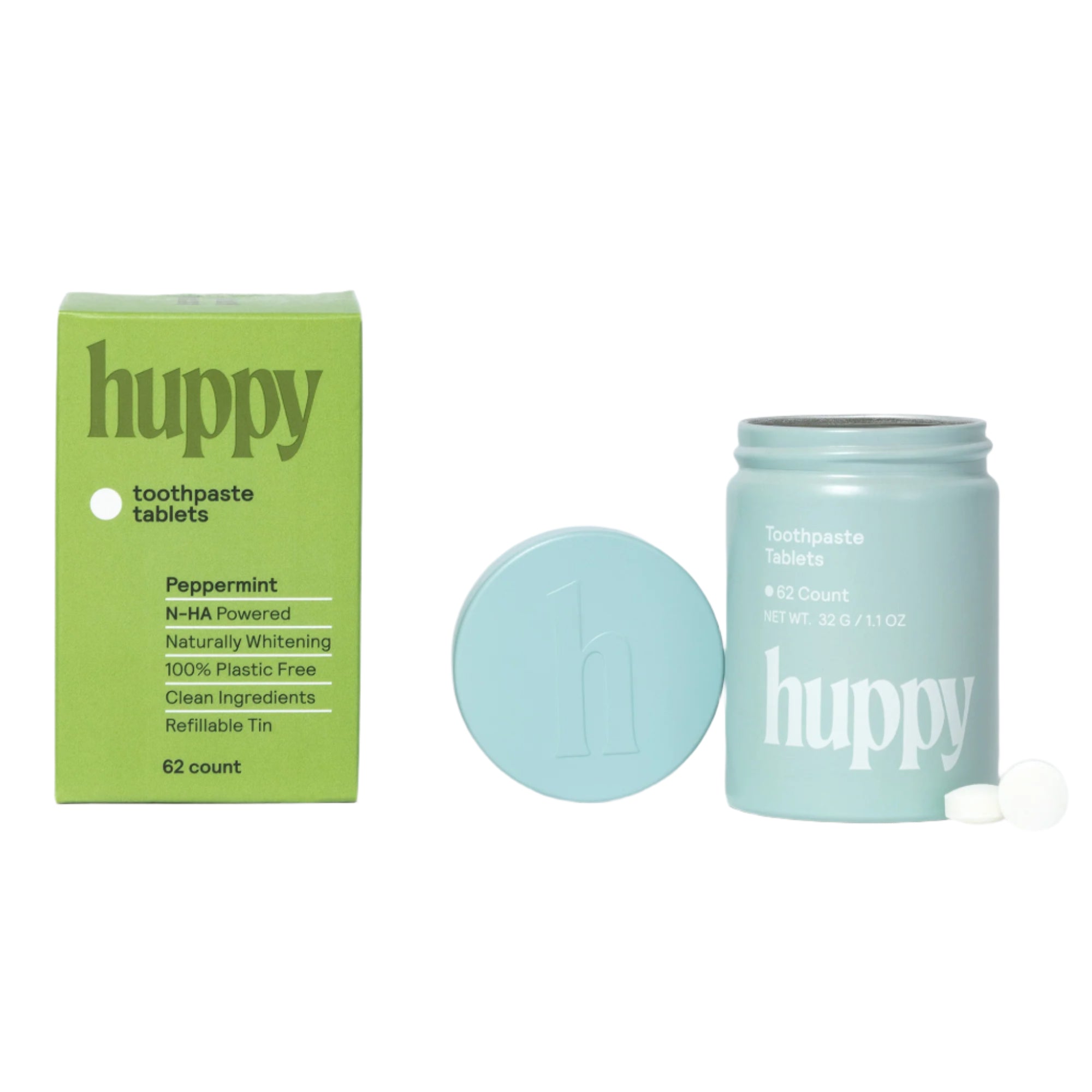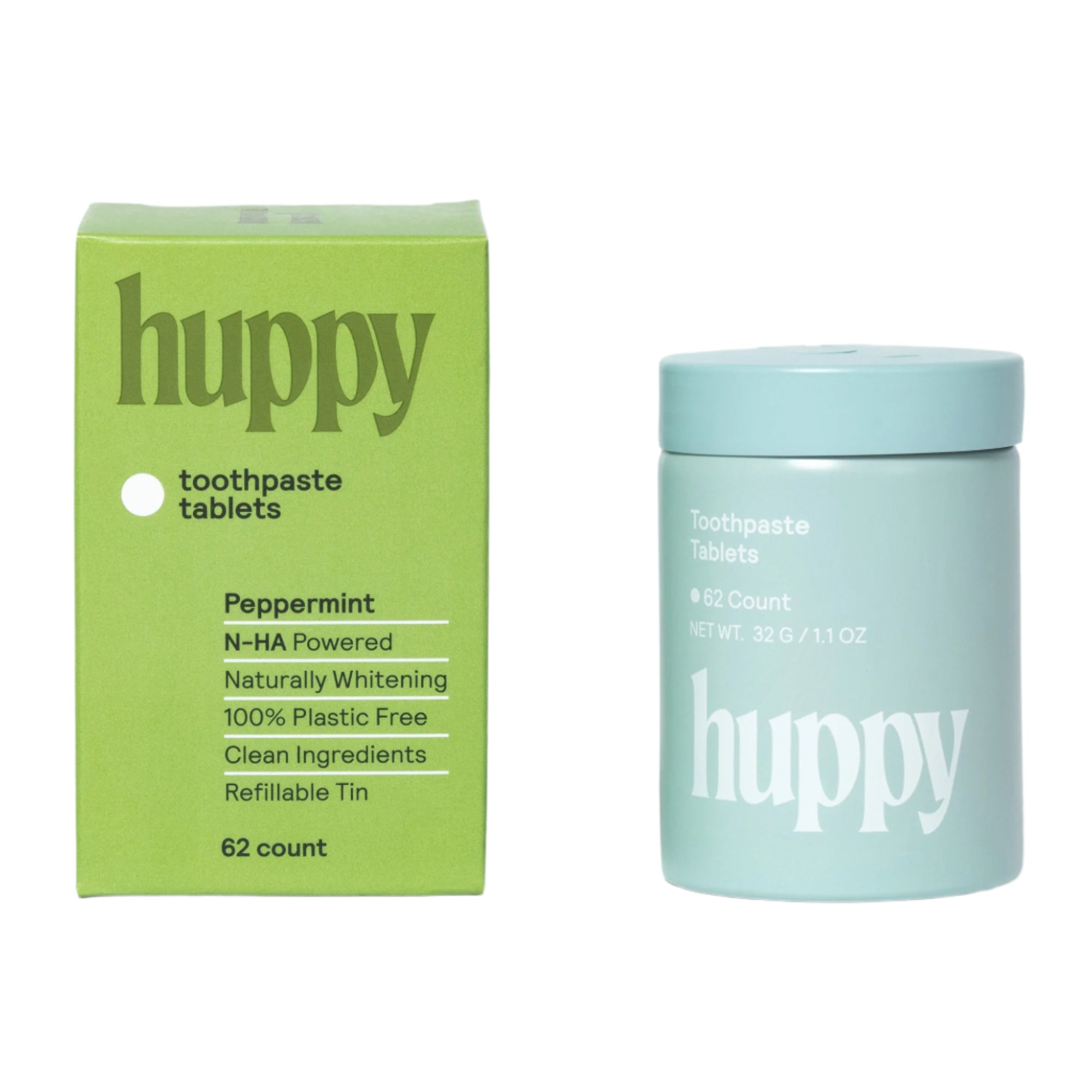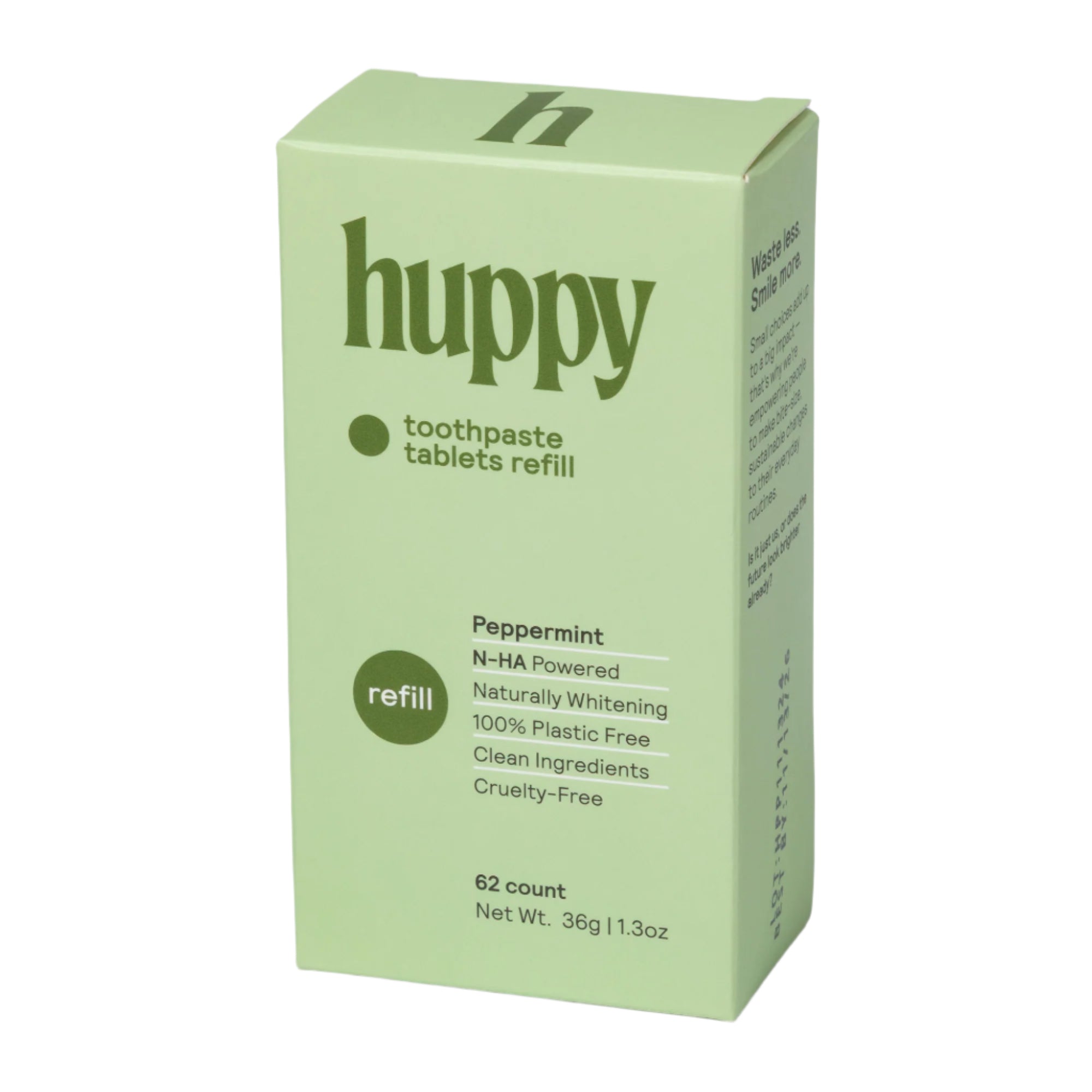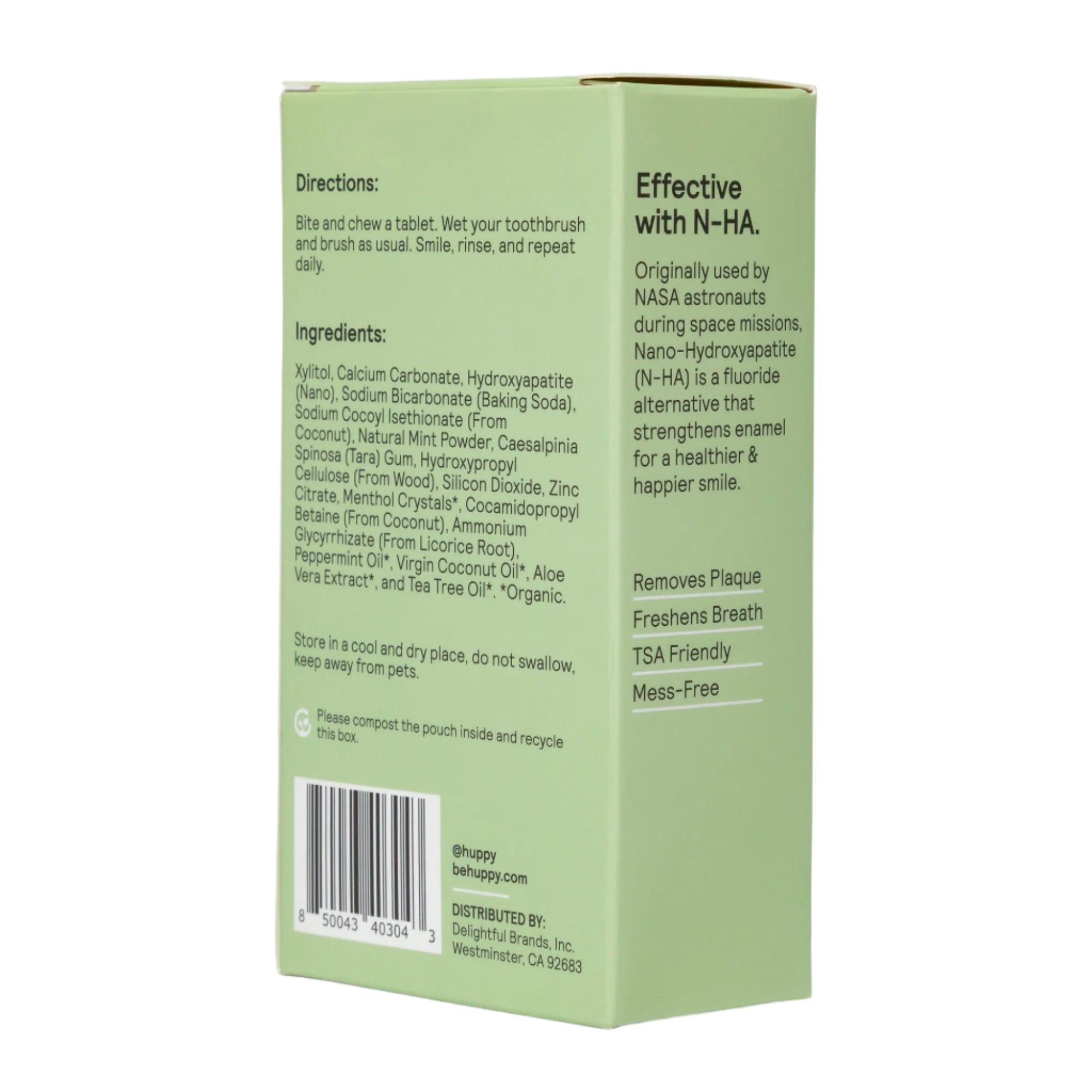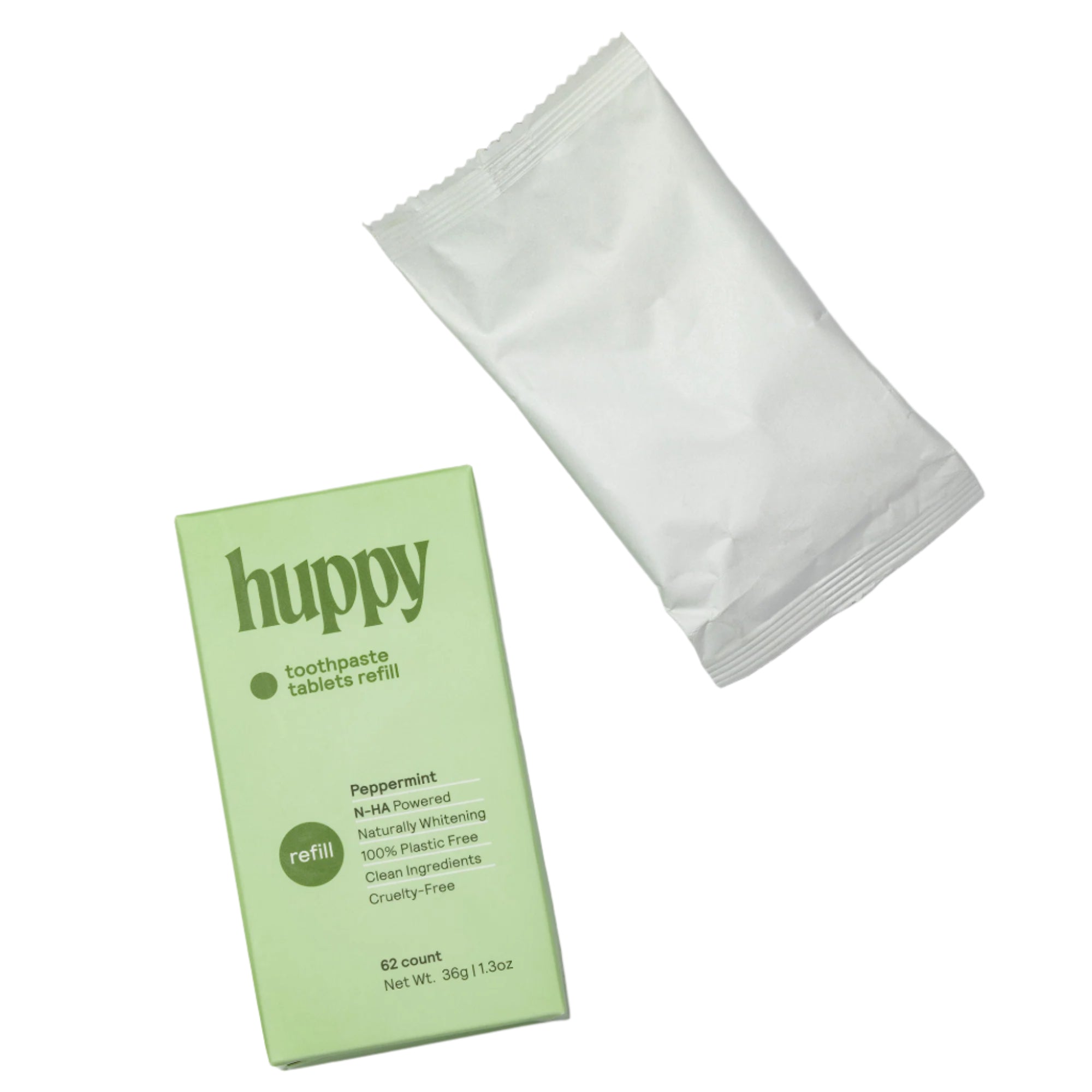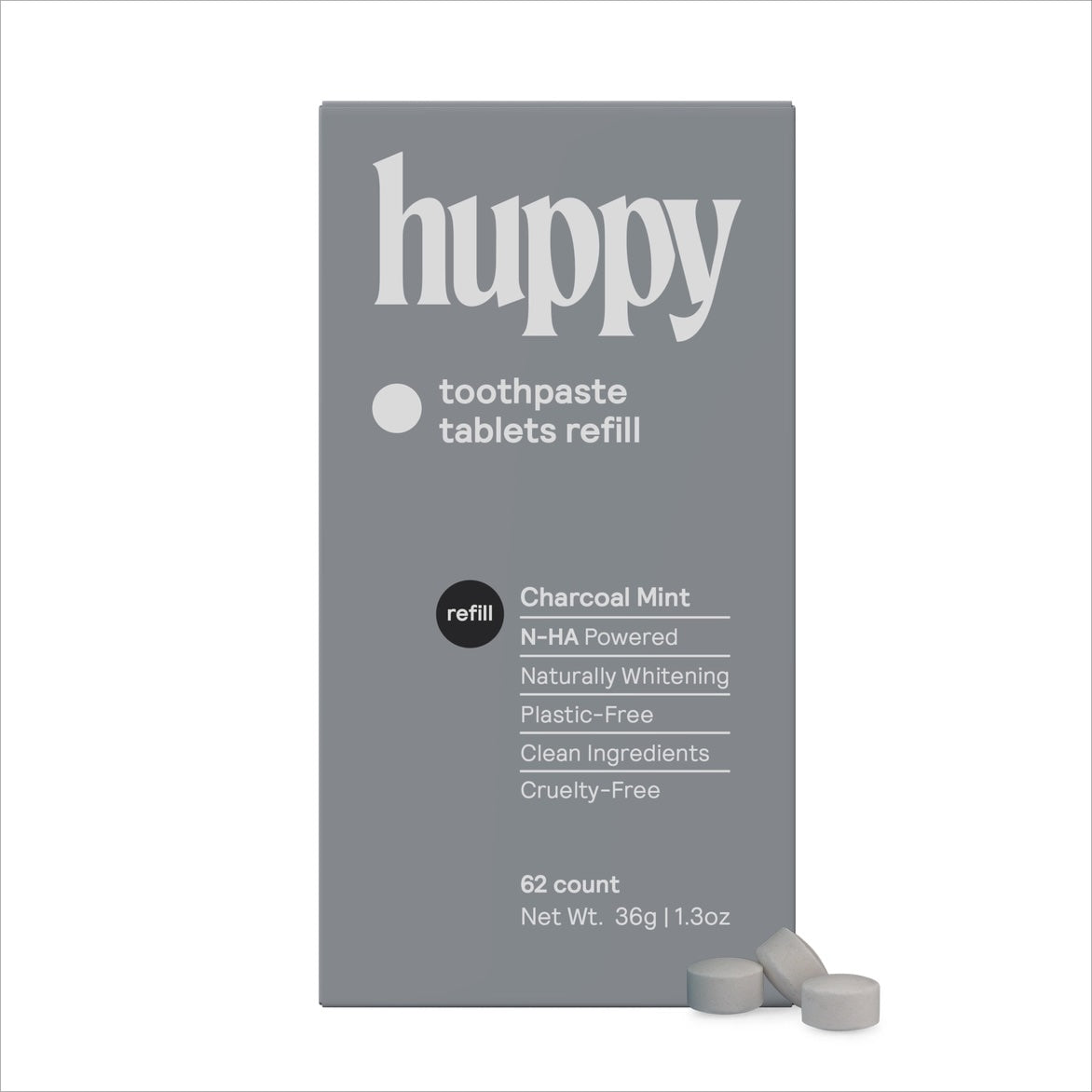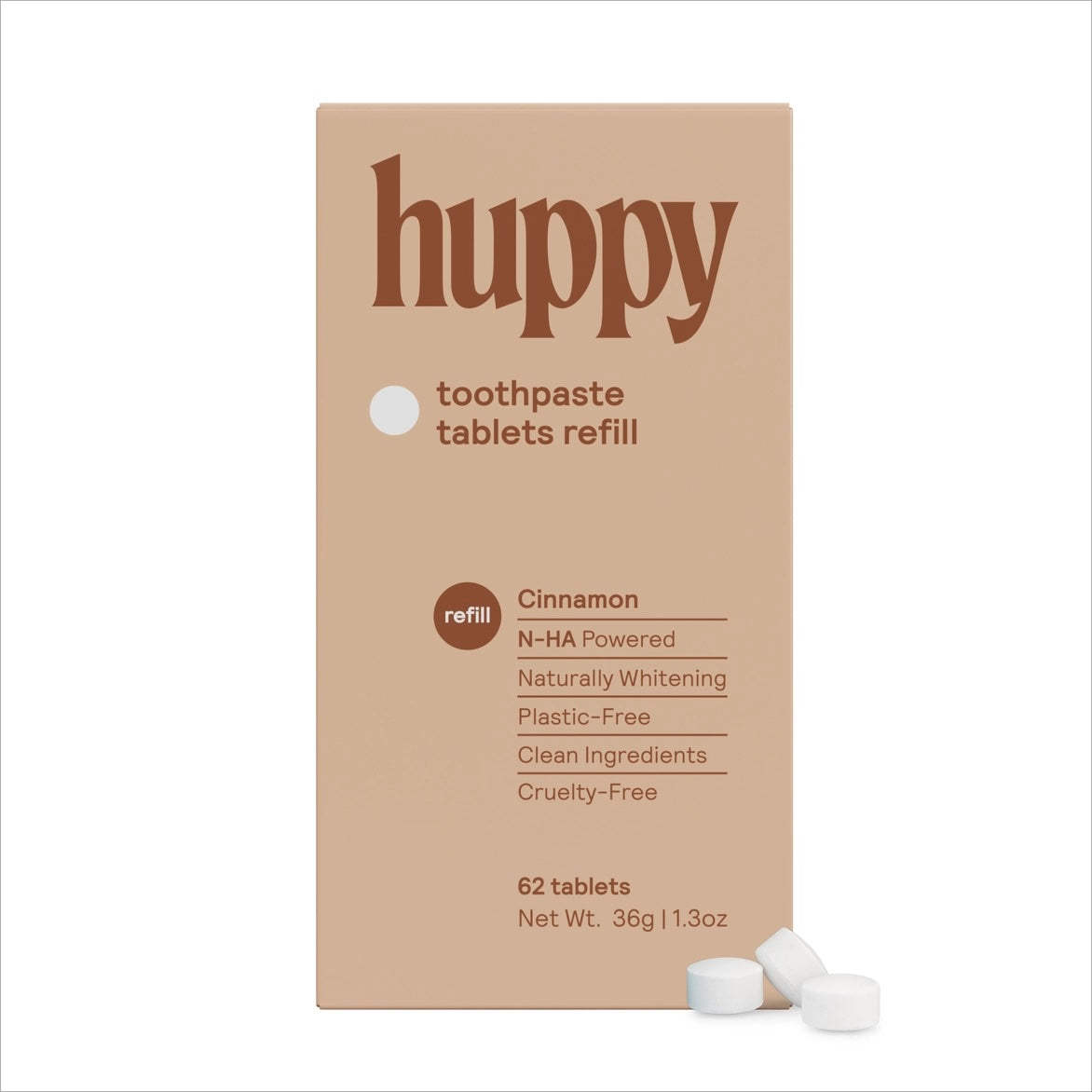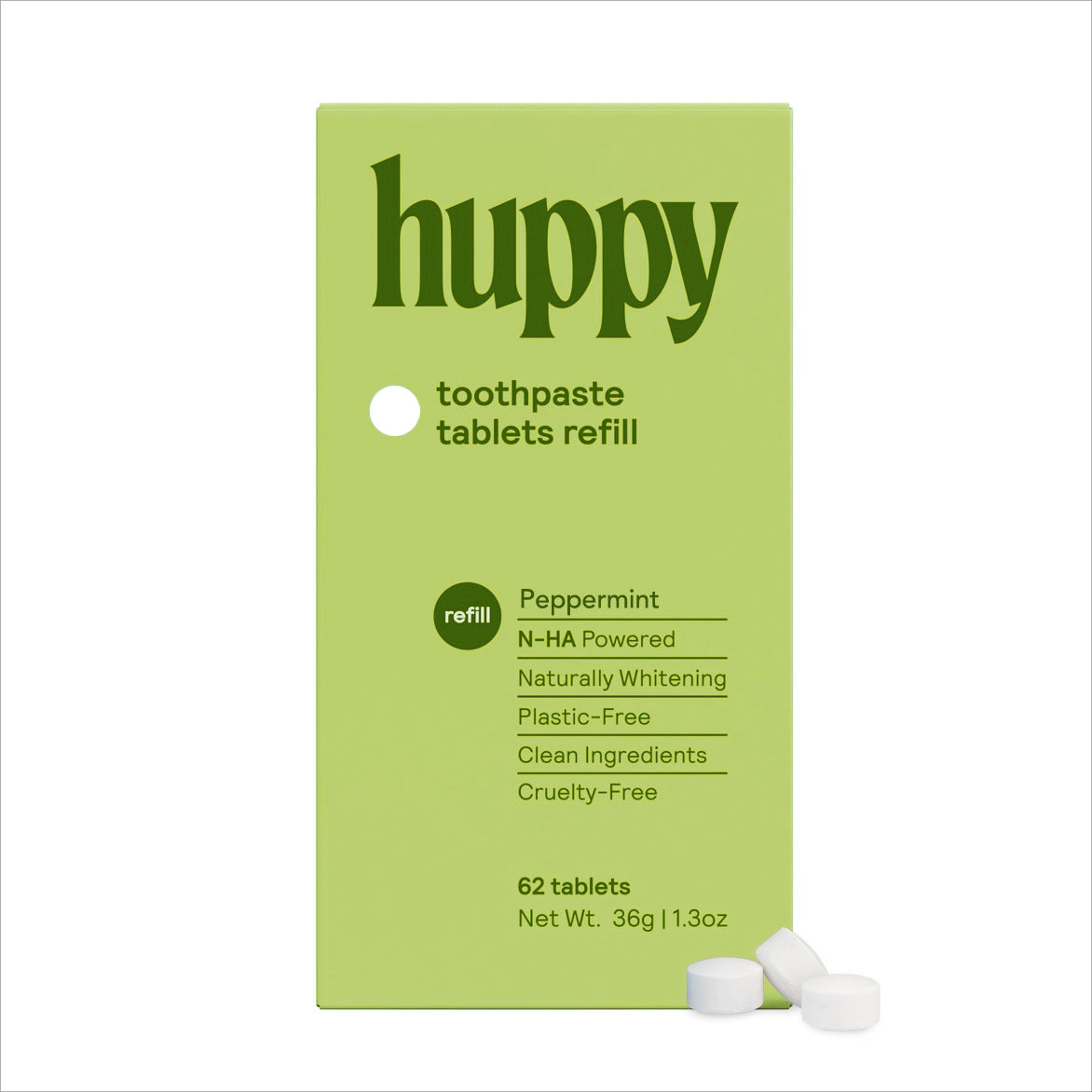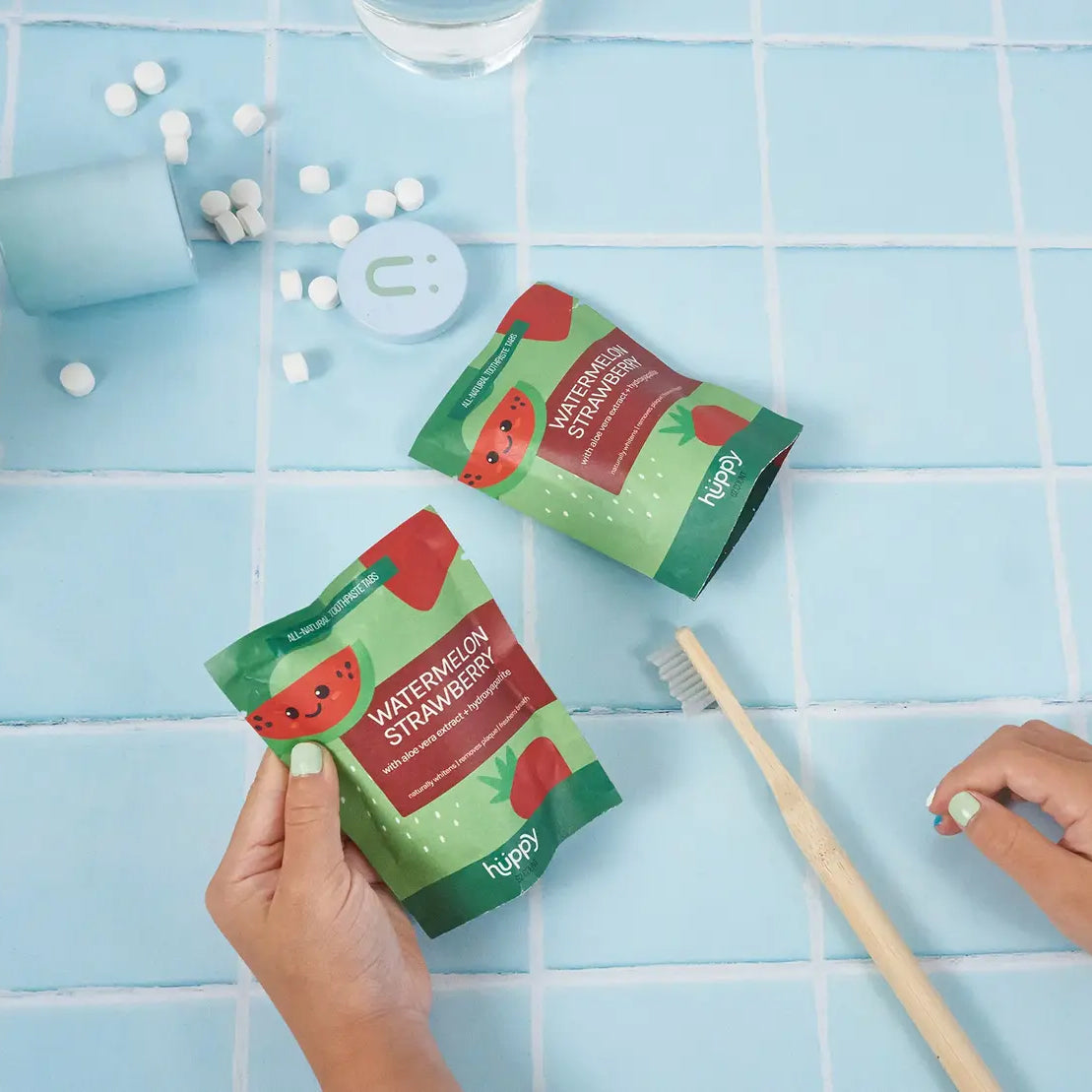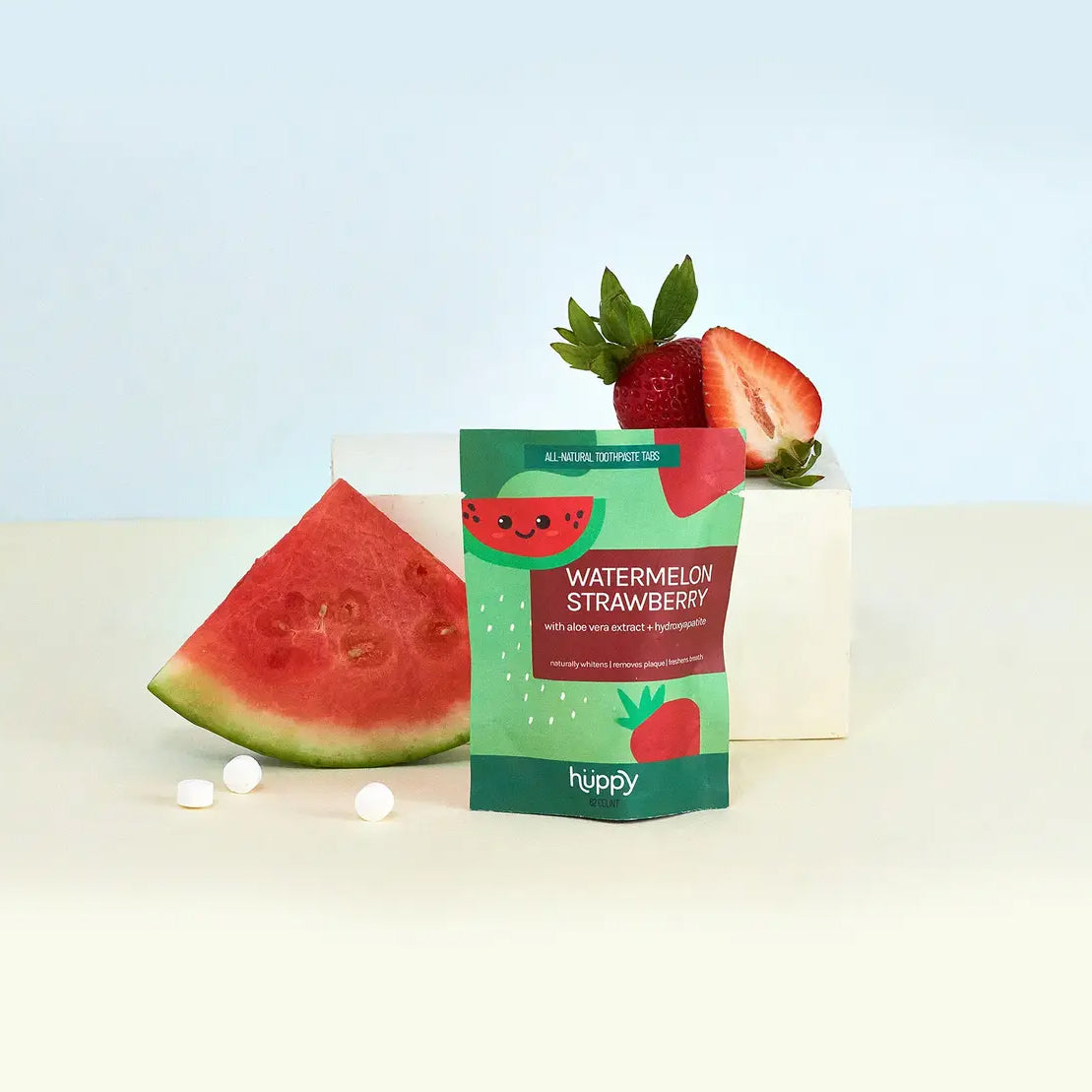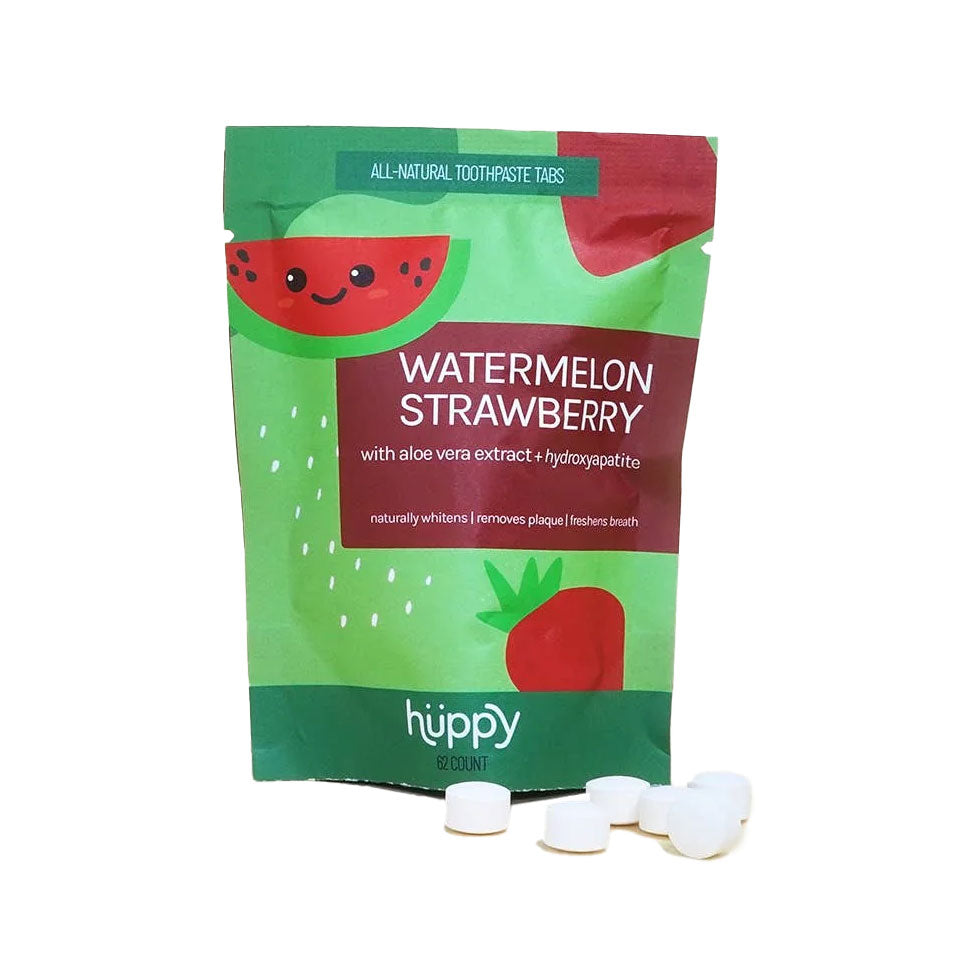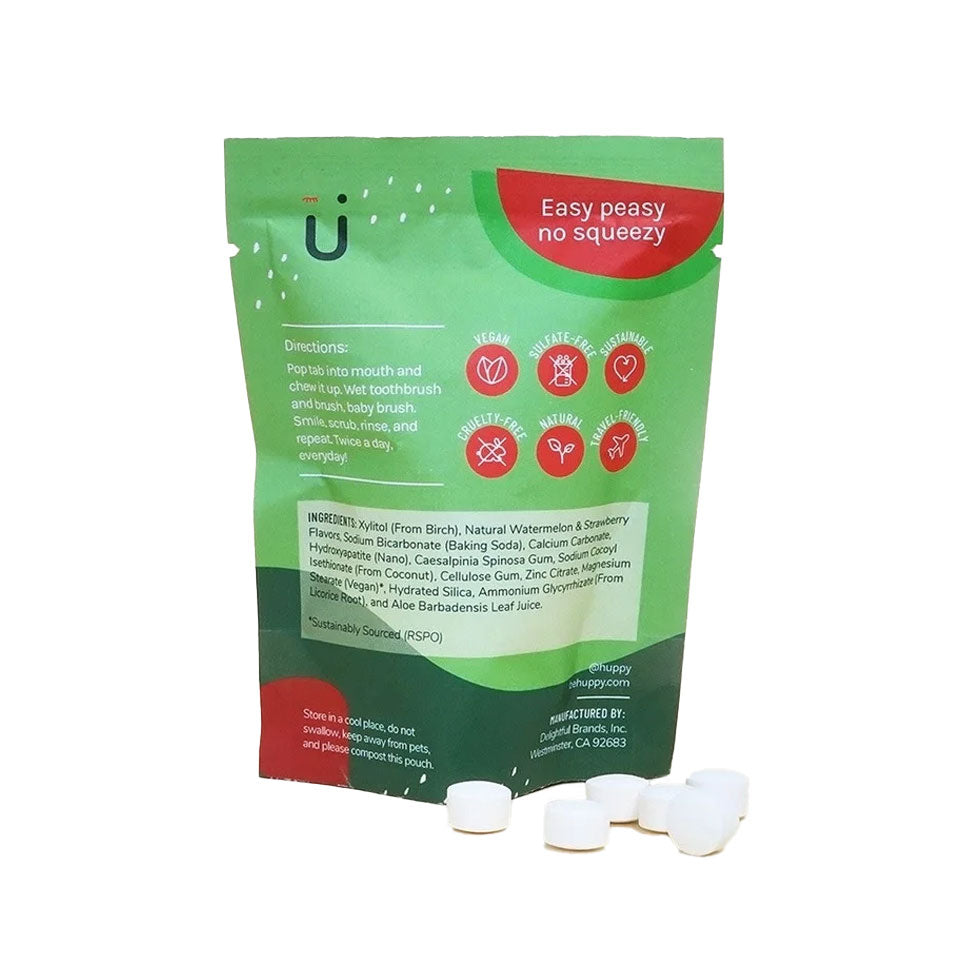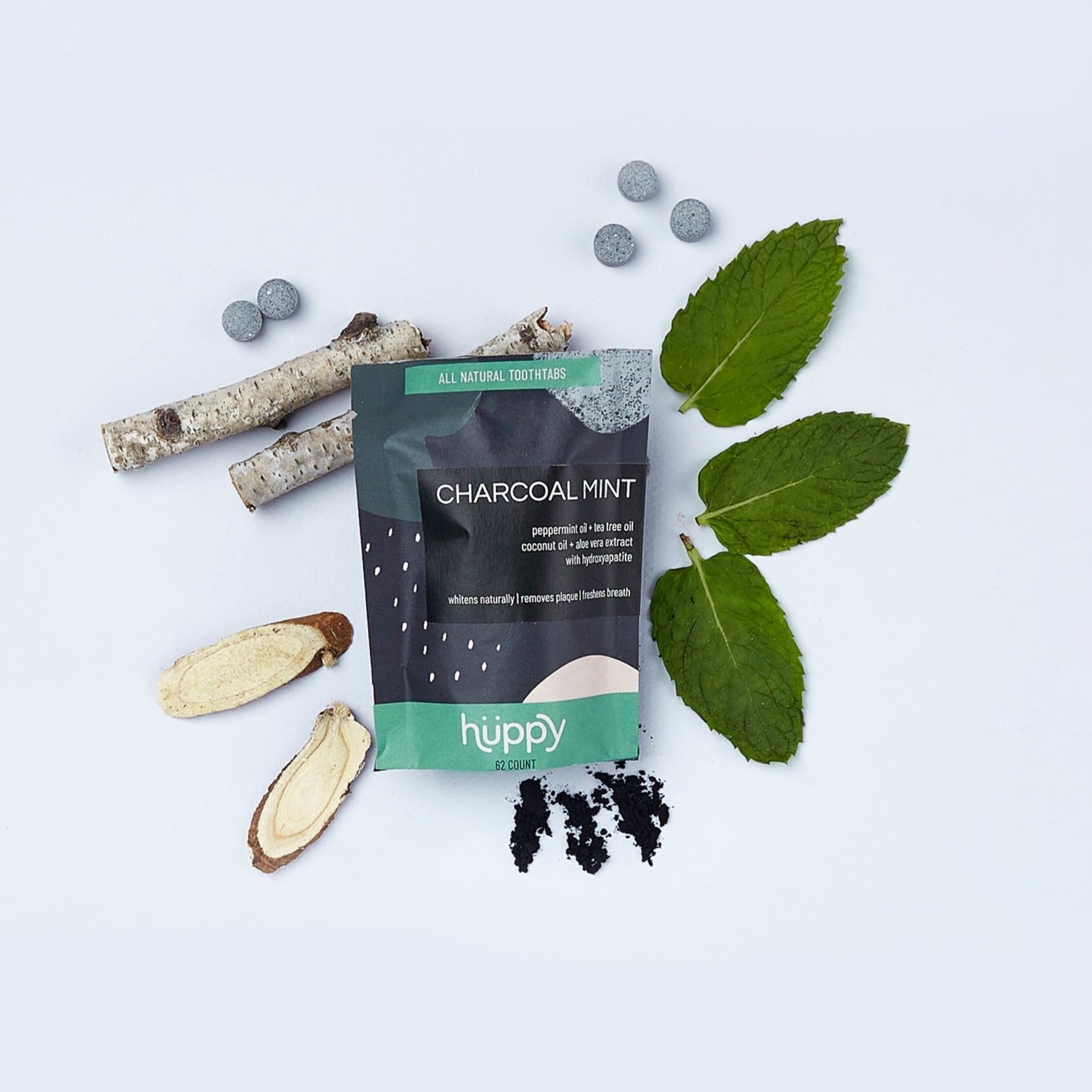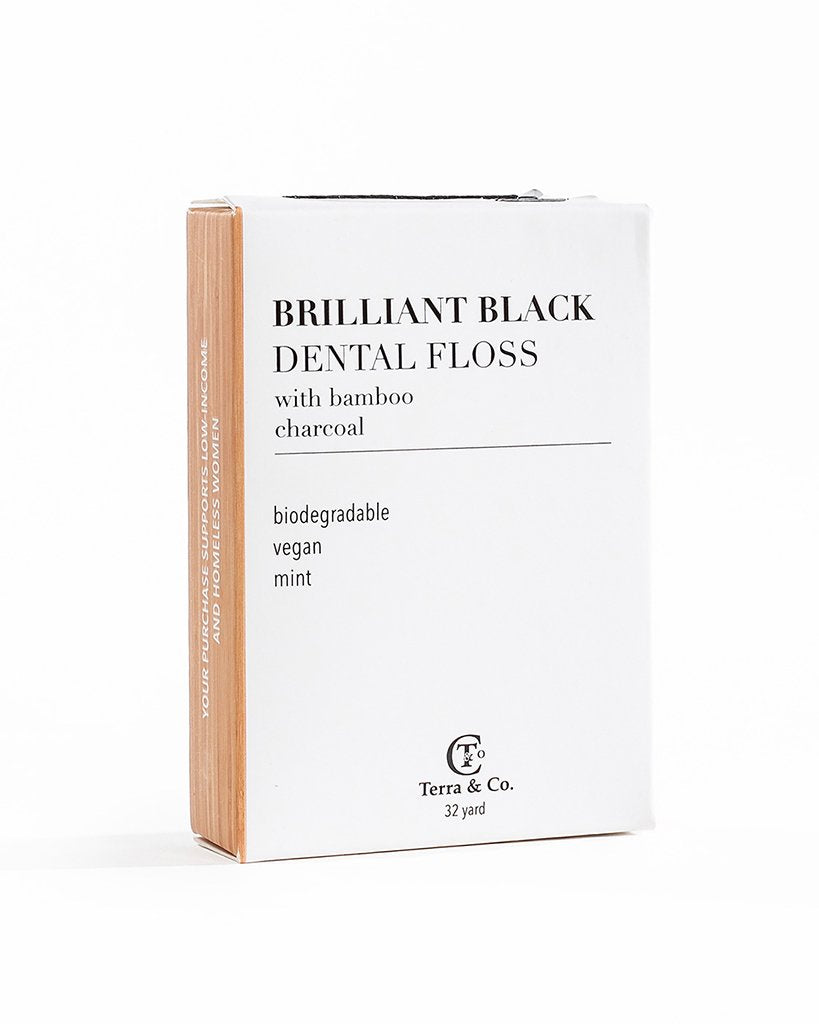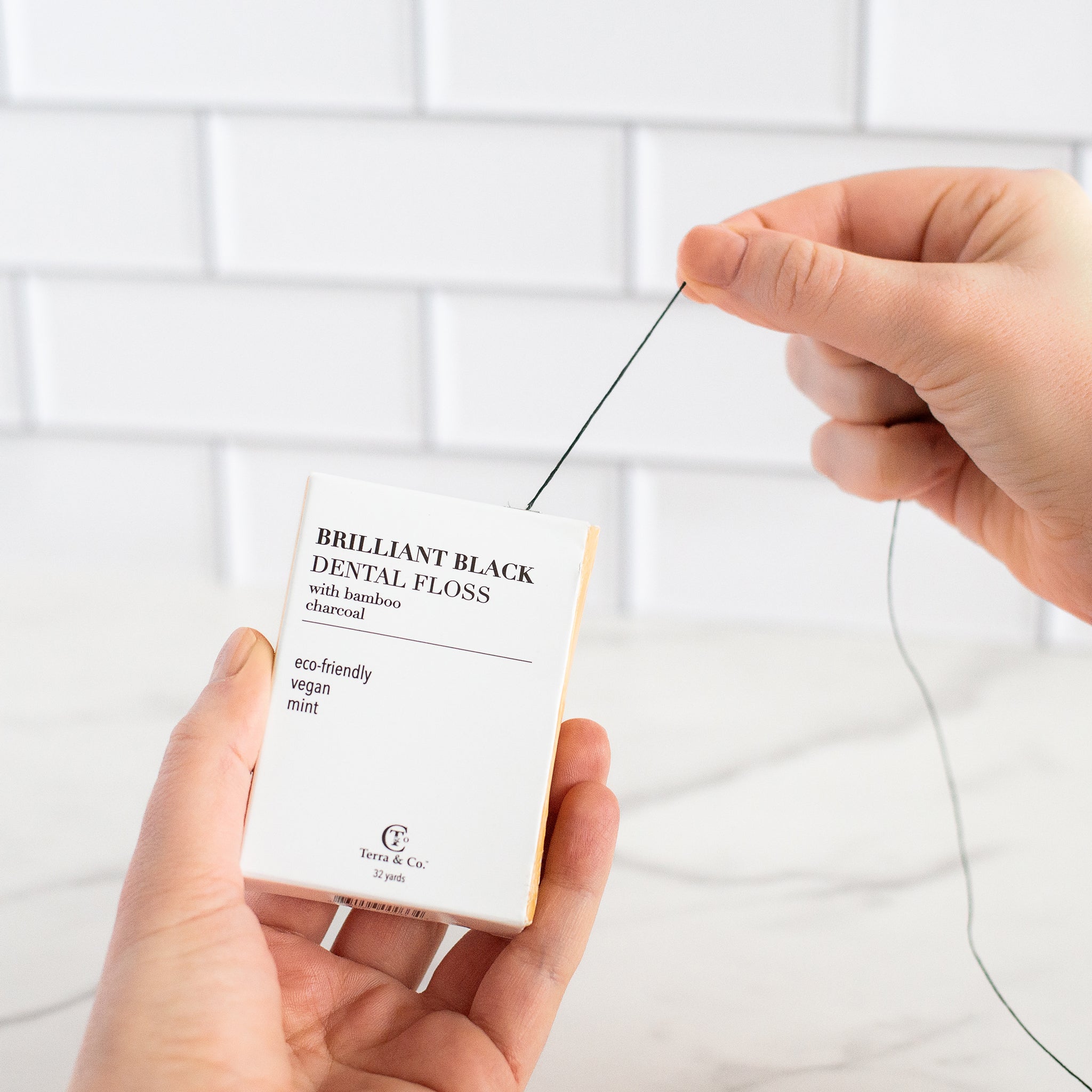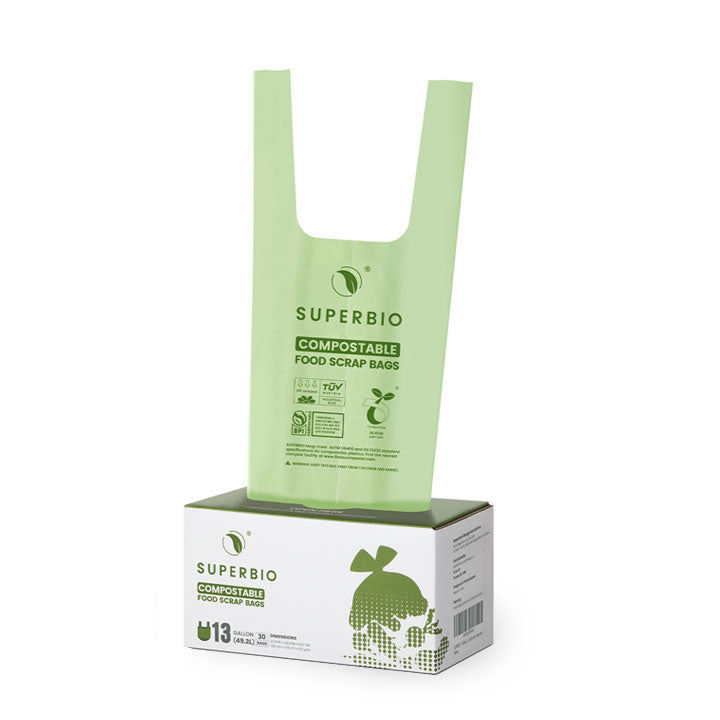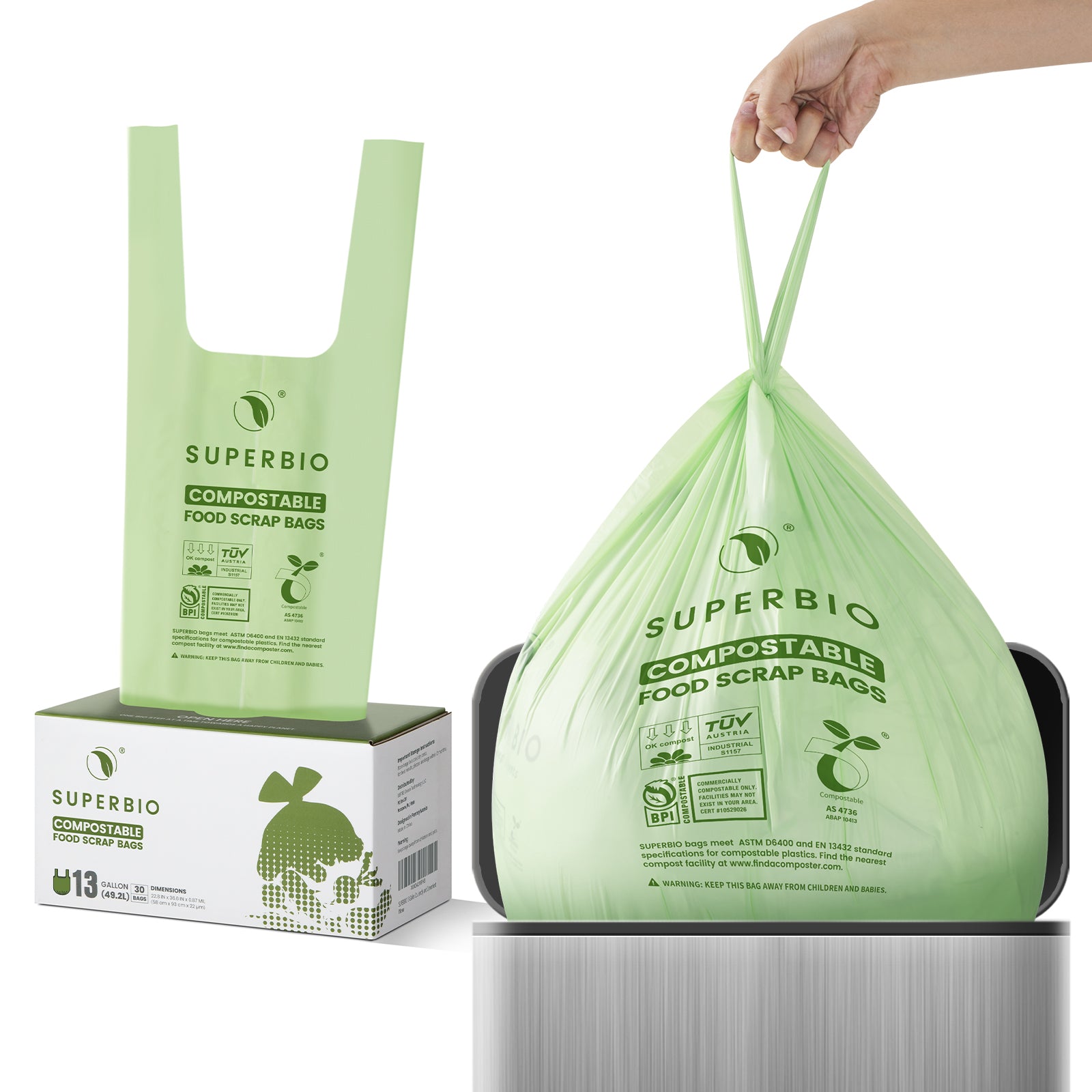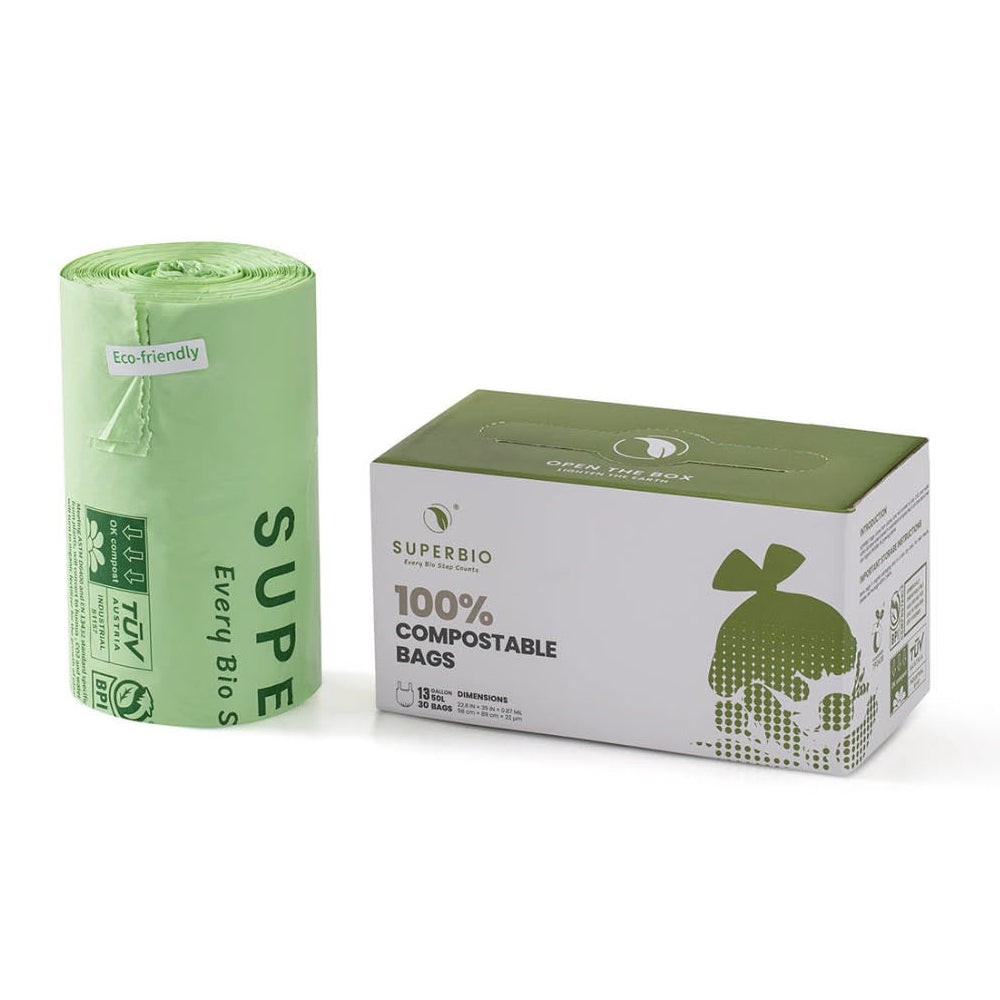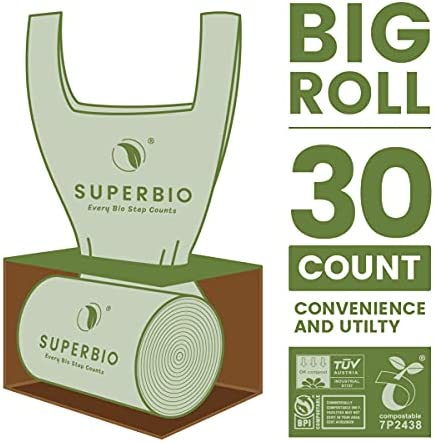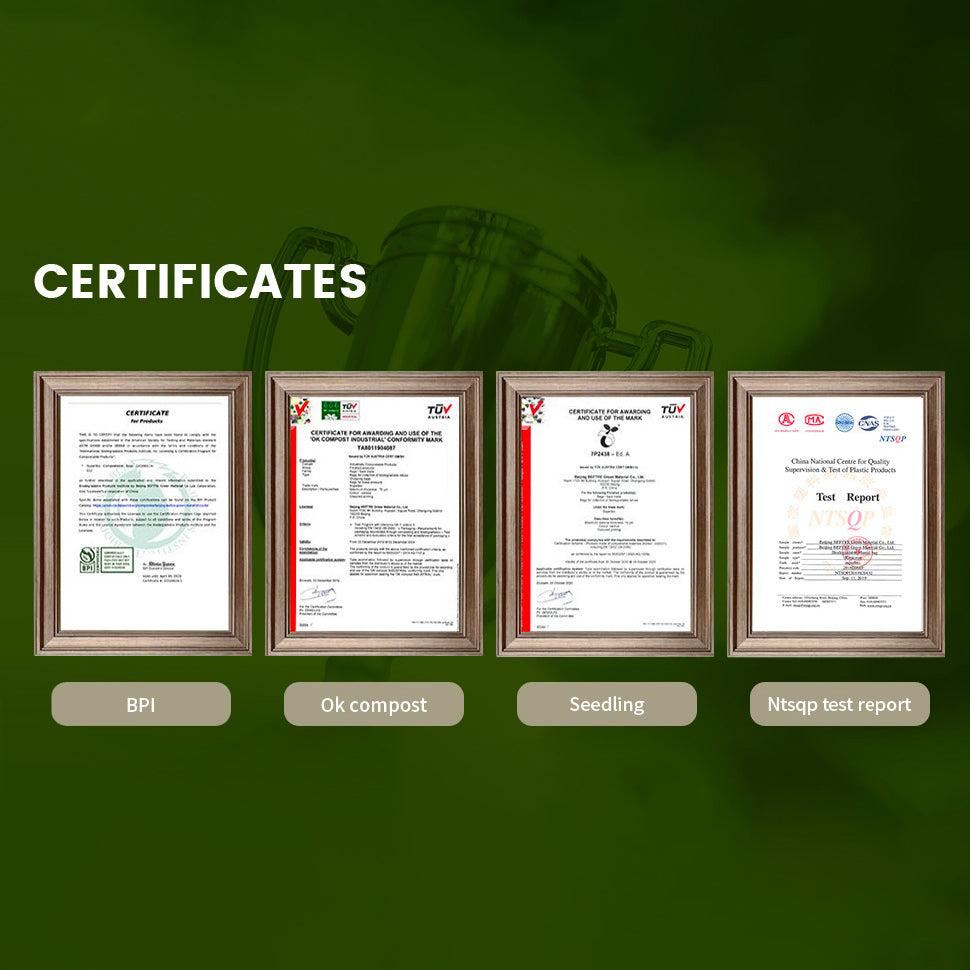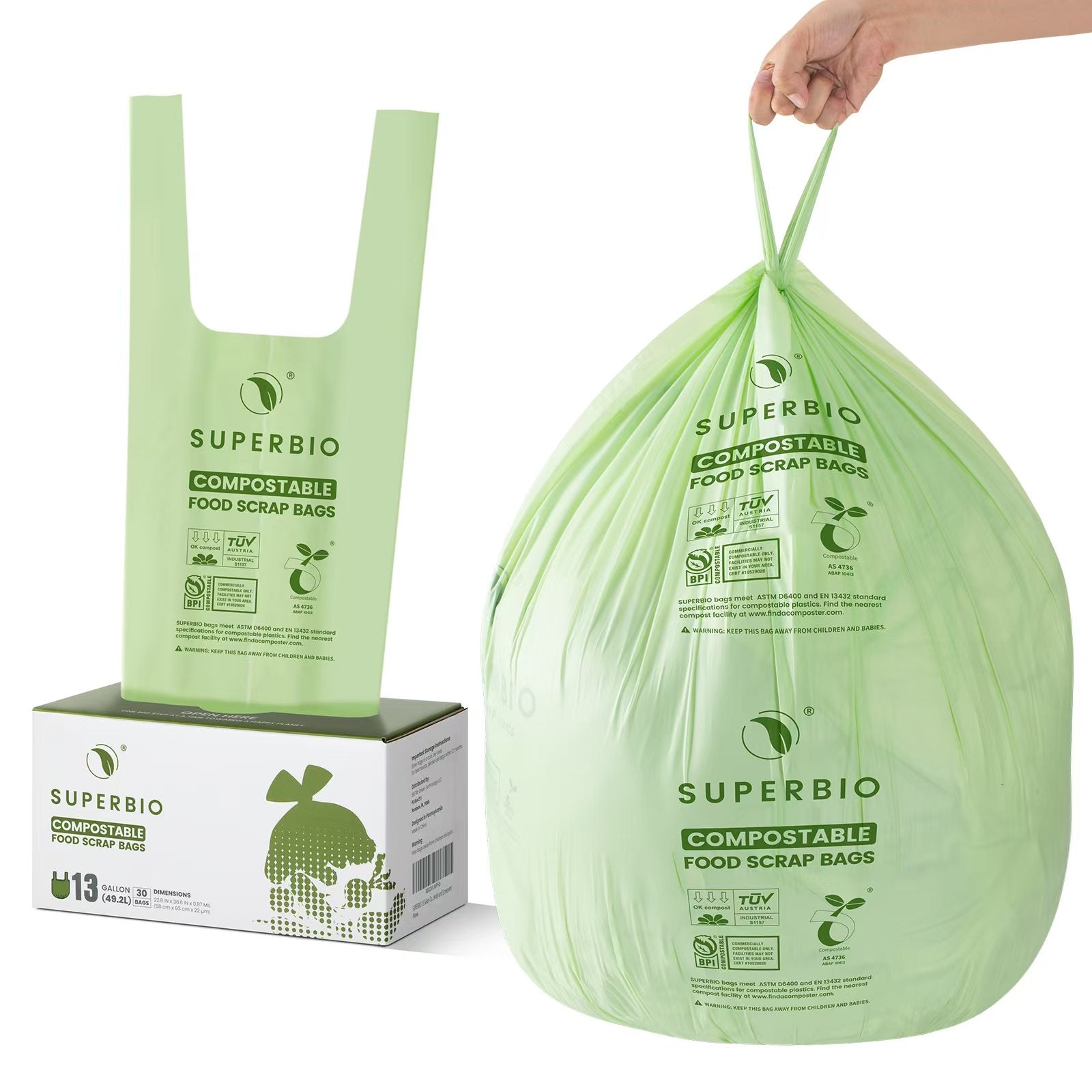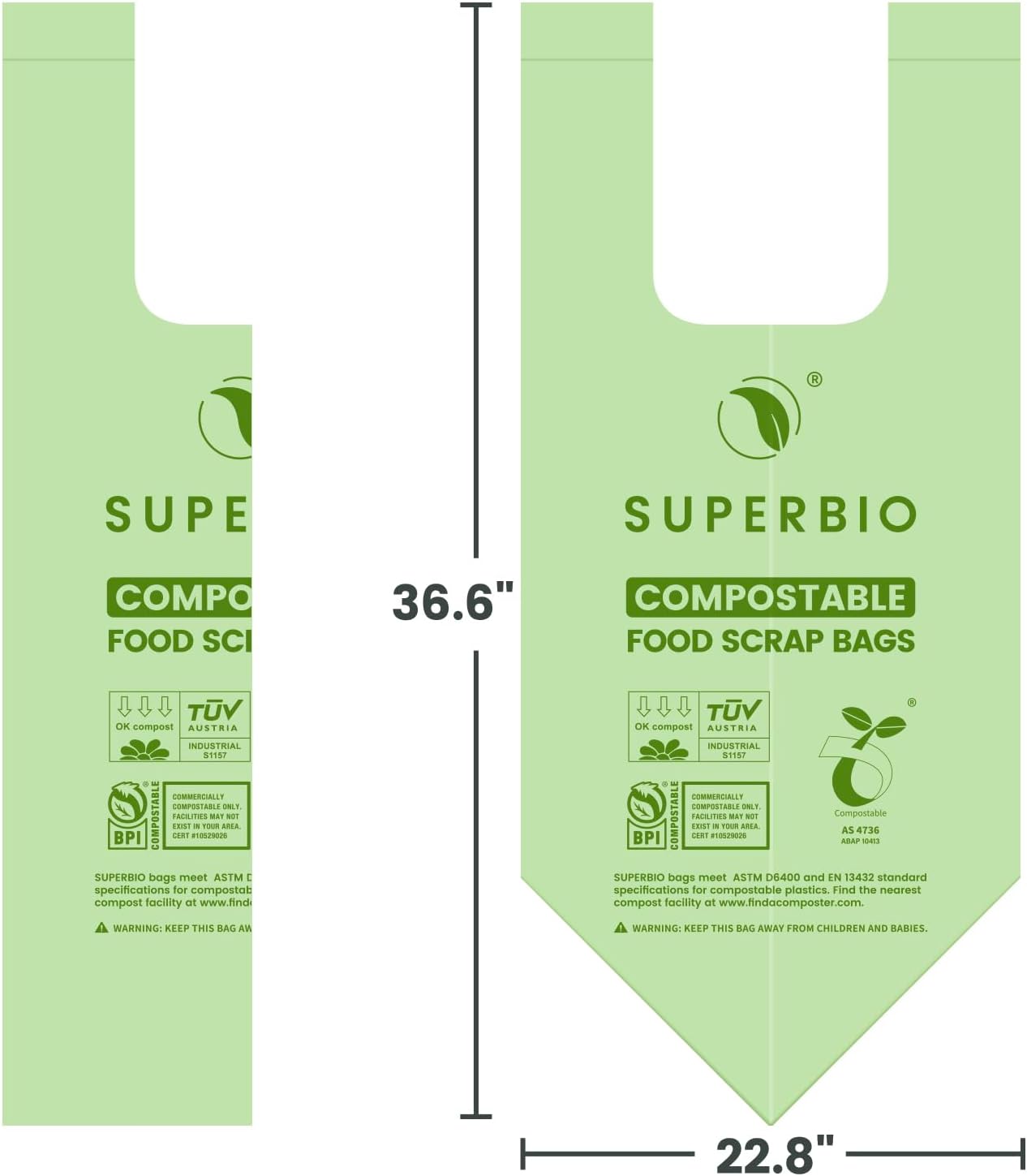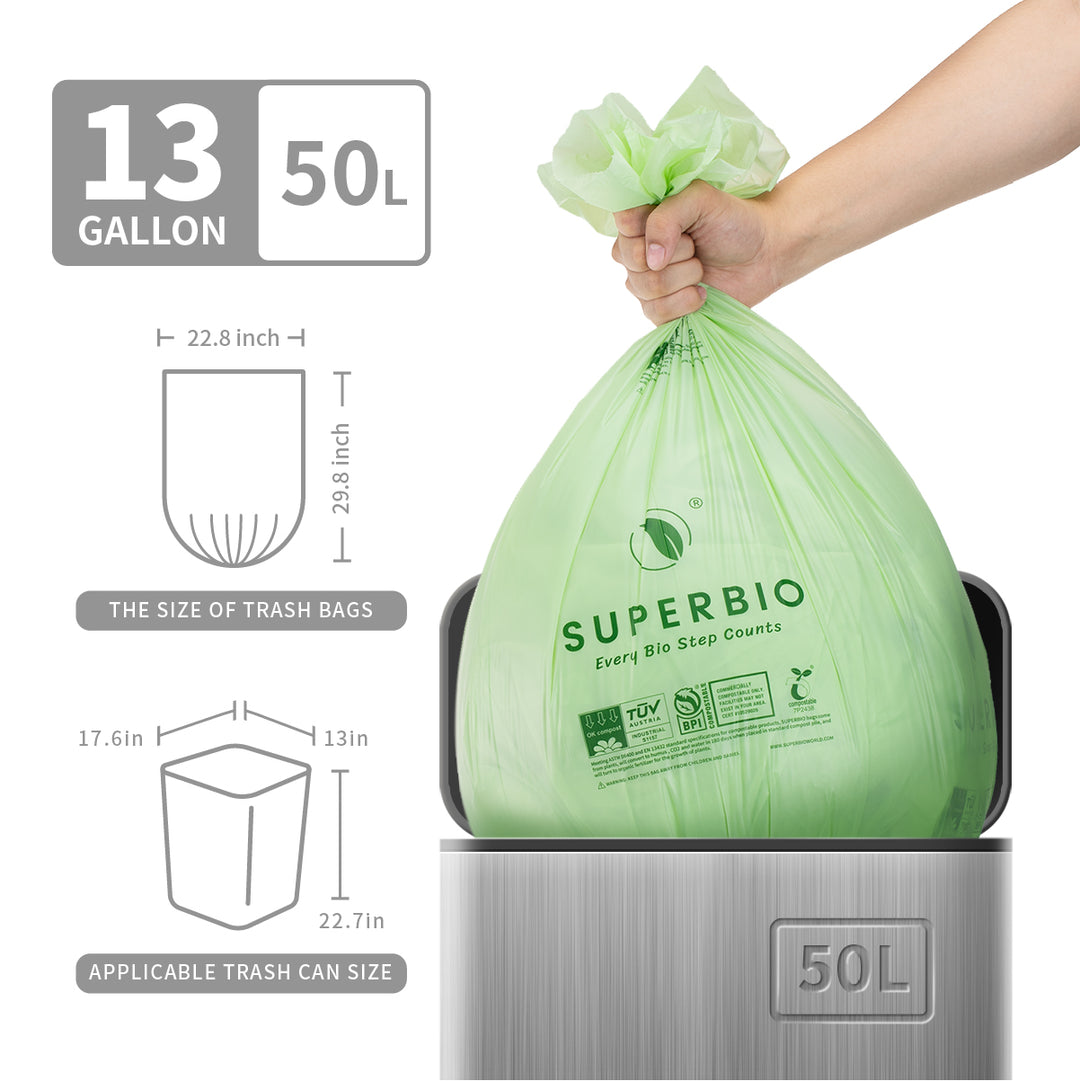Boston Turns Bus Stops Into Living Shields Against Deadly Heat
Boston has turned 30 bus shelters on the #28 route into pocket gardens. The drought-tolerant plantings sit atop waterproof trays, shading riders, soaking up rain, and greening a corridor long hit hard by summer heat, Boston.gov reports.
The project is a three-year demonstration tied to the city’s Heat Plan and its “Cool Commutes” strategy.

Photo: YouTube / Weston Nurseries
Thirty bus shelters now host green roofs.
Heat Relief Where It’s Needed
The Route 28 line runs through Mattapan, Dorchester, and Roxbury. These neighborhoods are designated environmental justice areas and face higher, longer-lasting heat on hot days, Bay State Banner reports.
By replacing sun-baked clear panels with living roofs, the shelters cut radiant exposure and reduce the local heat-island effect.

Photo: YouTube / Weston Nurseries
Roof trays retain stormwater during downpours.
Stormwater Kept Out of Streets—and Harbor
Every downpour loads gutters, outfalls, and ultimately coastal waters. These roofs slow that flow. City officials estimate the 30 shelters will capture on the order of 1,400–1,500 gallons across the pilot period, helping curb runoff that can carry pollutants to drains and waterways, according to The Boston Globe. The city will also track water quality of roof runoff to understand filtration benefits.

The #28 route was chosen for high ridership.
Small Roofs, Big Biodiversity
Sedum forms the hardy base layer. Native plants will be added to attract bees, butterflies, birds, and other pollinators, building a tiny habitat network along Blue Hill Avenue, per Mass. Municipal Association. That boost matters in dense blocks with limited tree canopy.
Climate Action With Community Hands
Social Impact Collective designed the system and helped lead installation with YouthBuild Boston and Weston Nurseries, while JCDecaux, the city’s street-furniture partner, enabled the retrofit. The work revives a 2014 pilot and scales it across the city’s busiest bus corridor, The Architect’s Newspaper reports.
The #28 line is fare-free through 2026, positioning the program to reach riders who are most exposed to heat and least served by rapid transit.
Measuring Impact, Planning Scale
Over three years, Boston will collect data on temperatures, plant growth, stormwater retention, air quality, and pollinators to guide future standards for bus-shelter design, Mass. Municipal Association reports. If expanded to all 280 shelters, the city’s green roofs could hold roughly 15,000 gallons during storms—a meaningful dent in street flooding that also protects downstream marine habitats.




















































































































































































